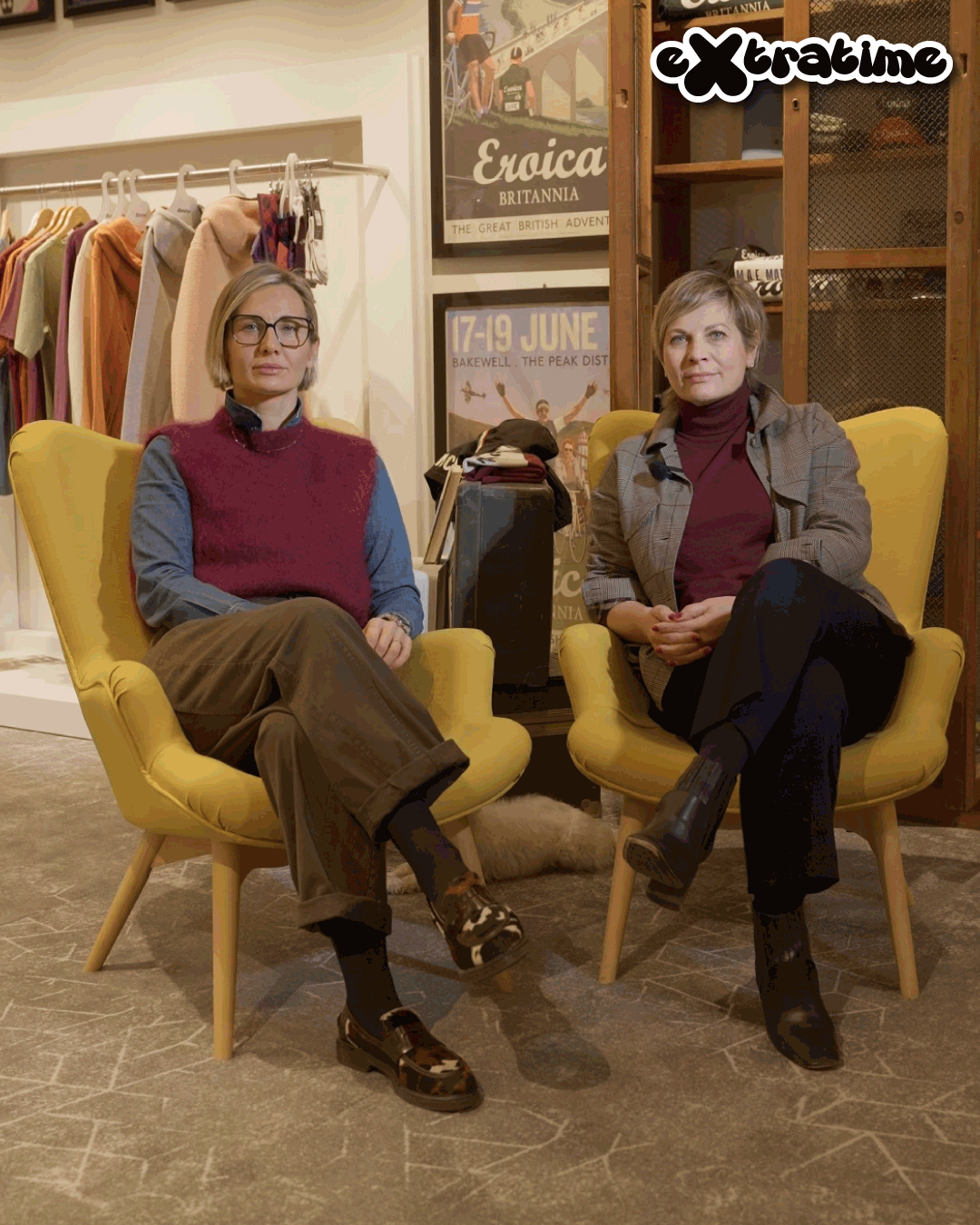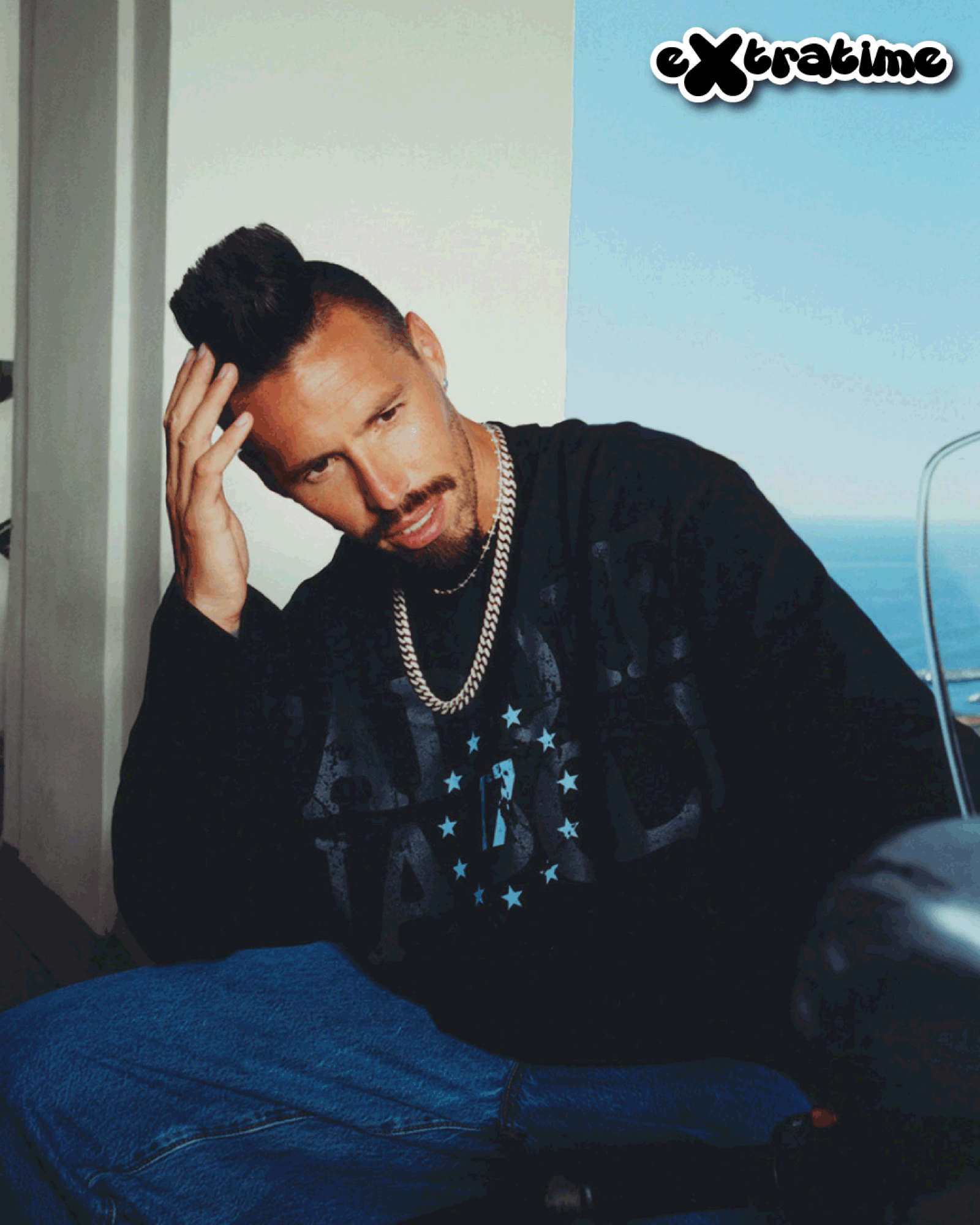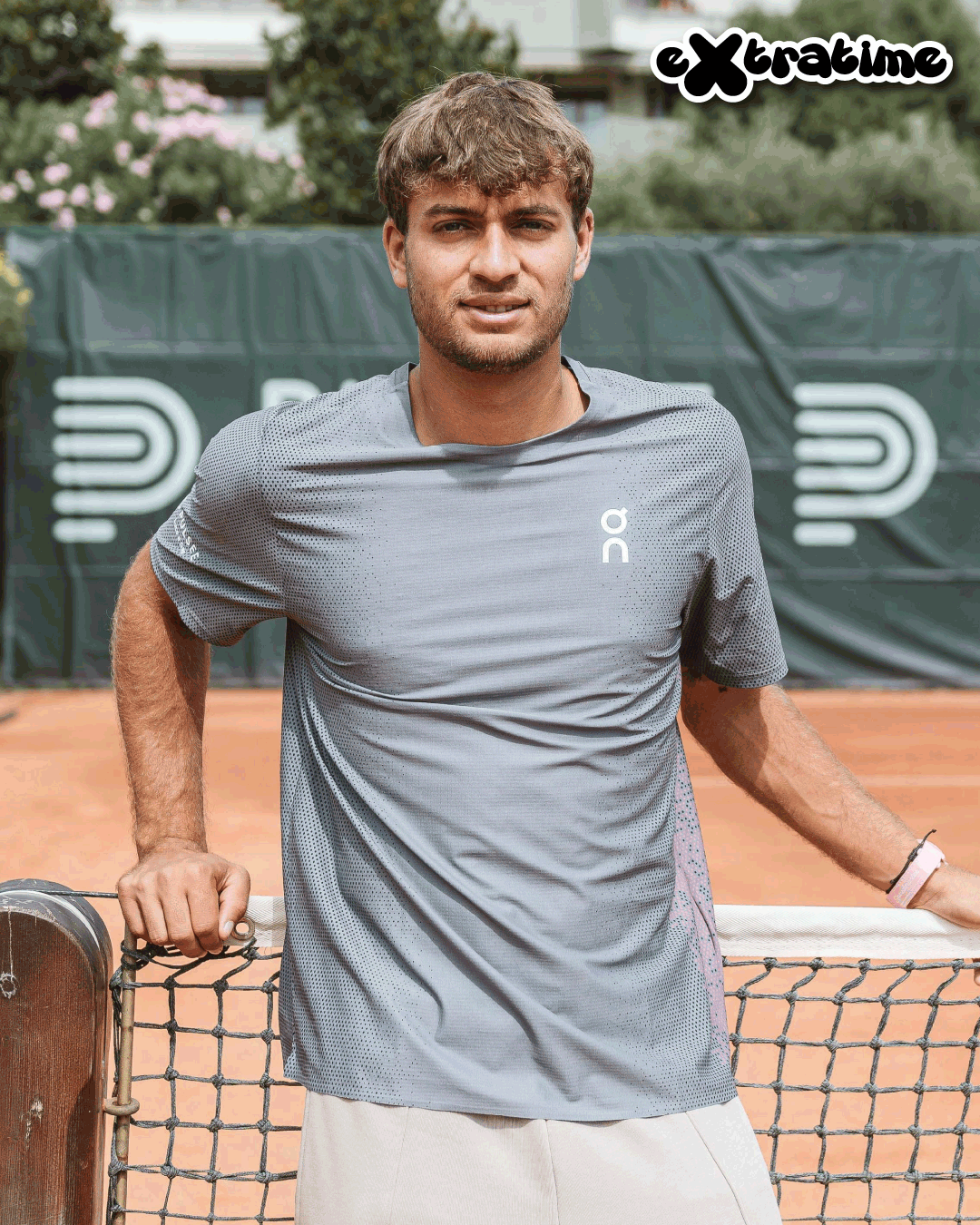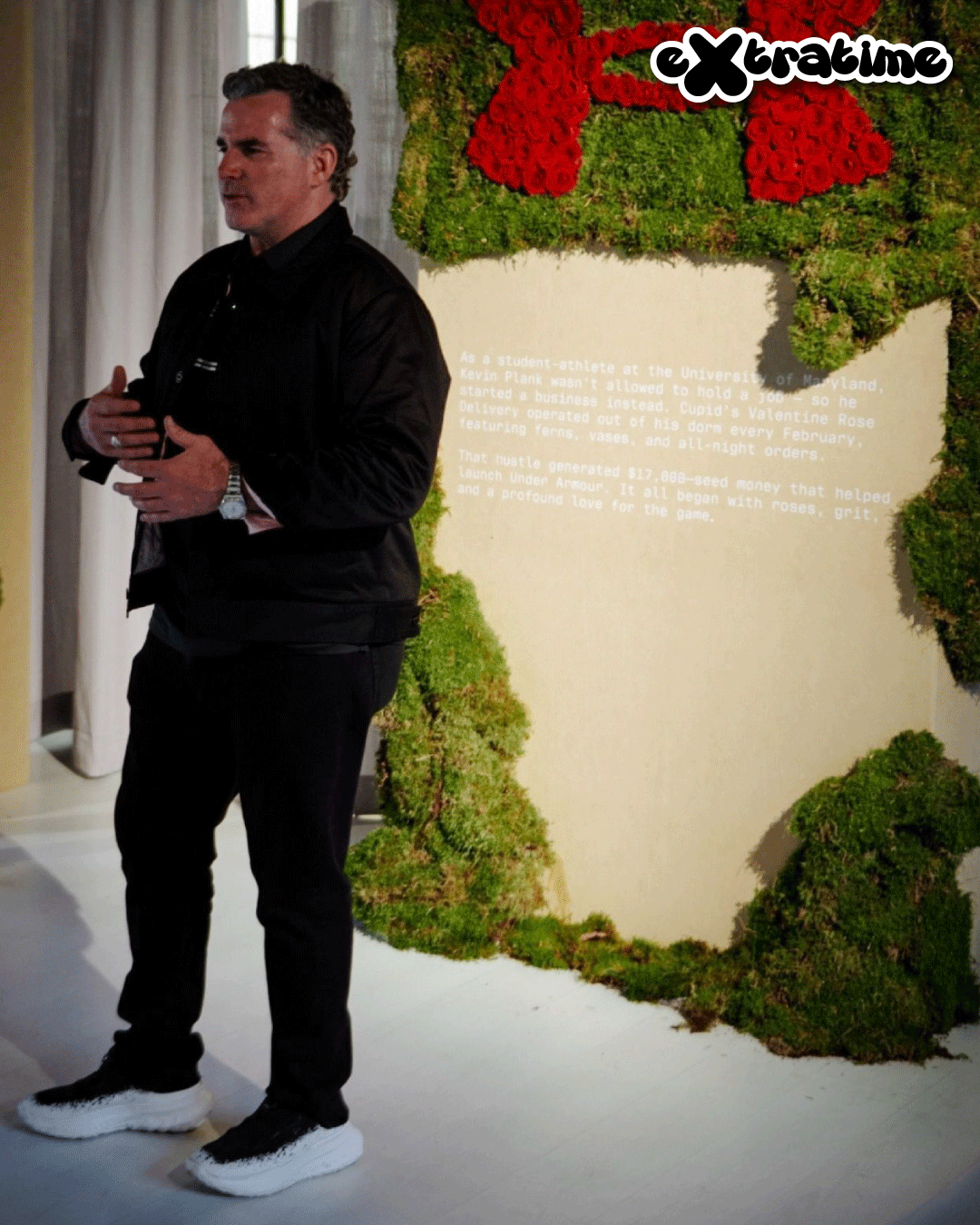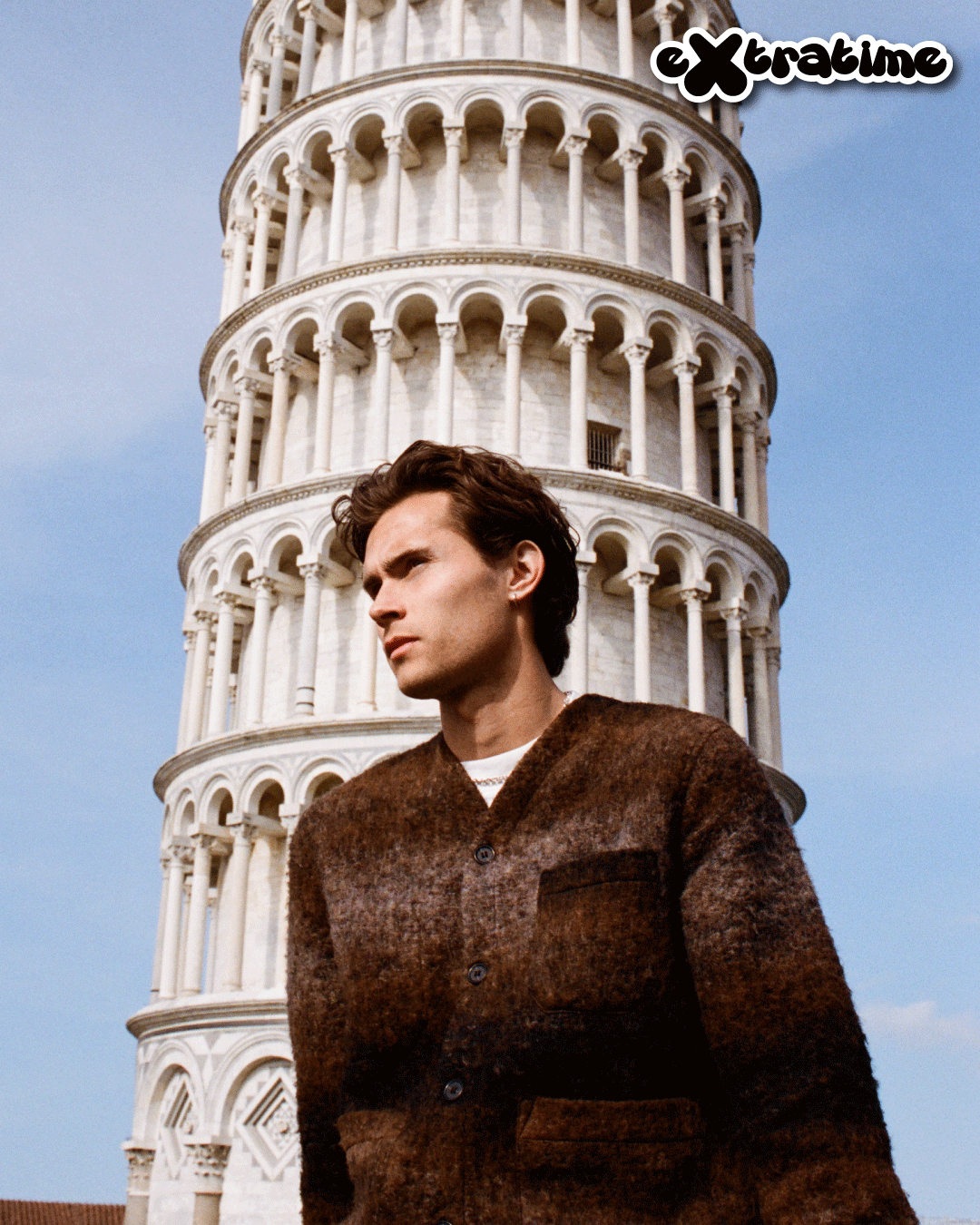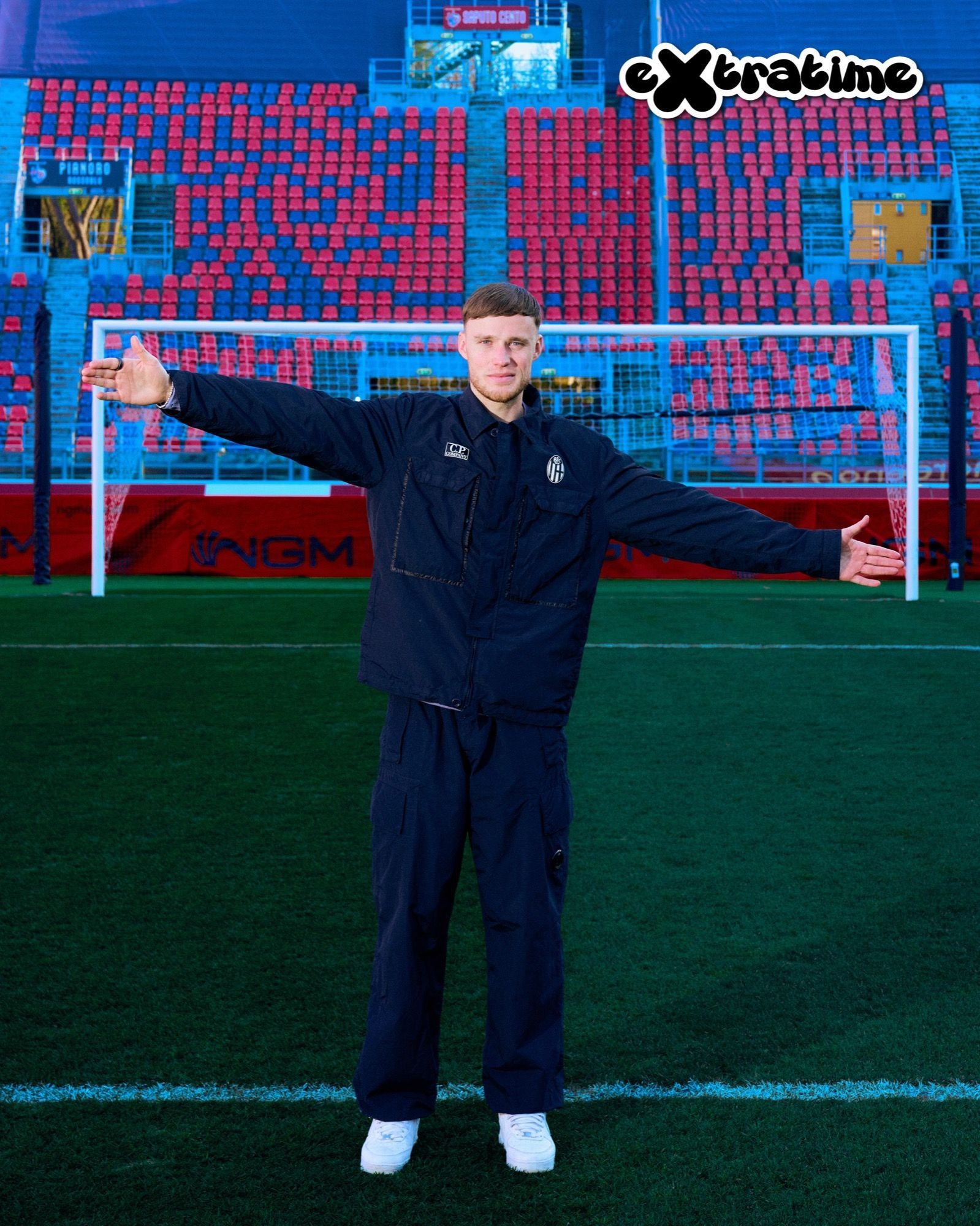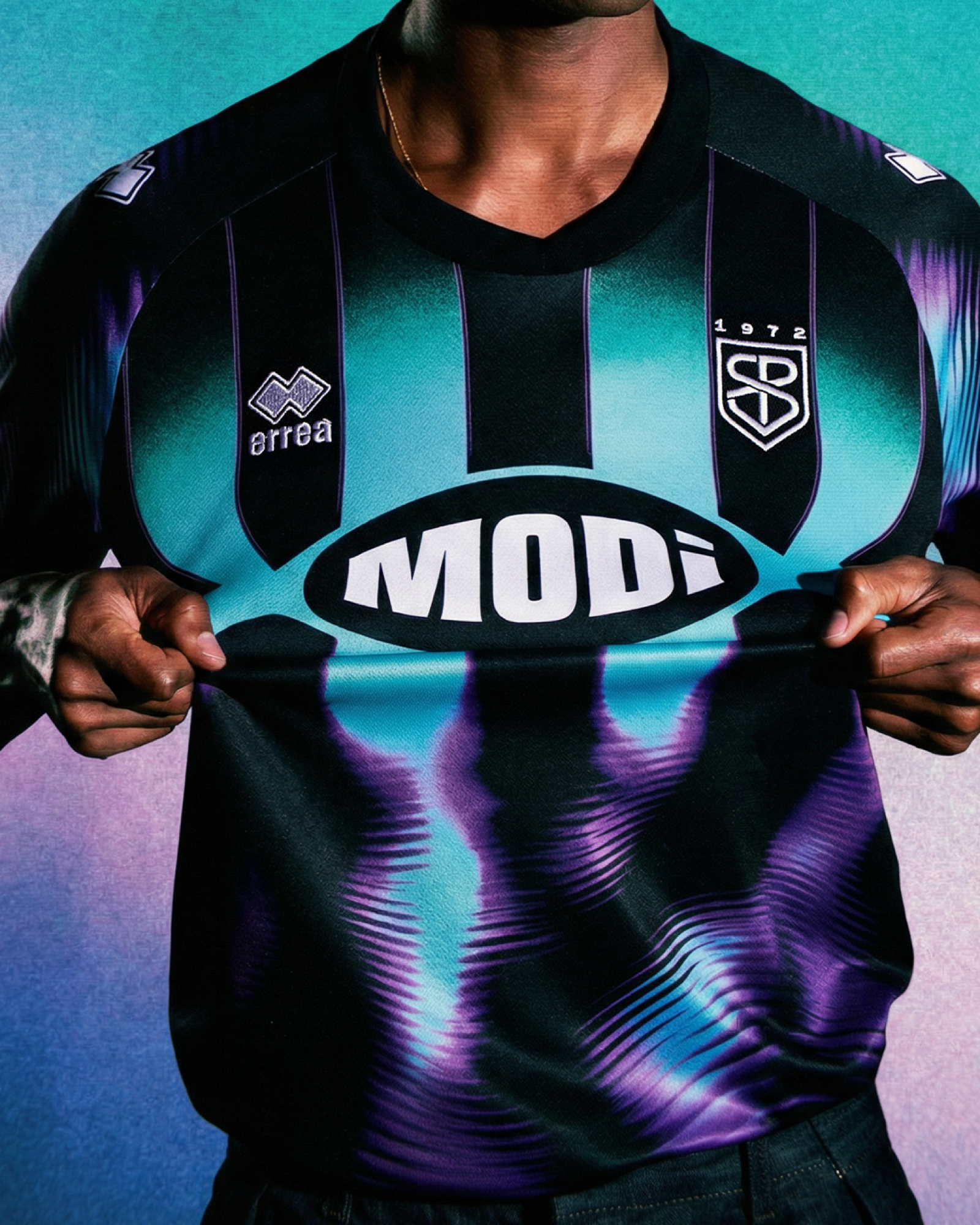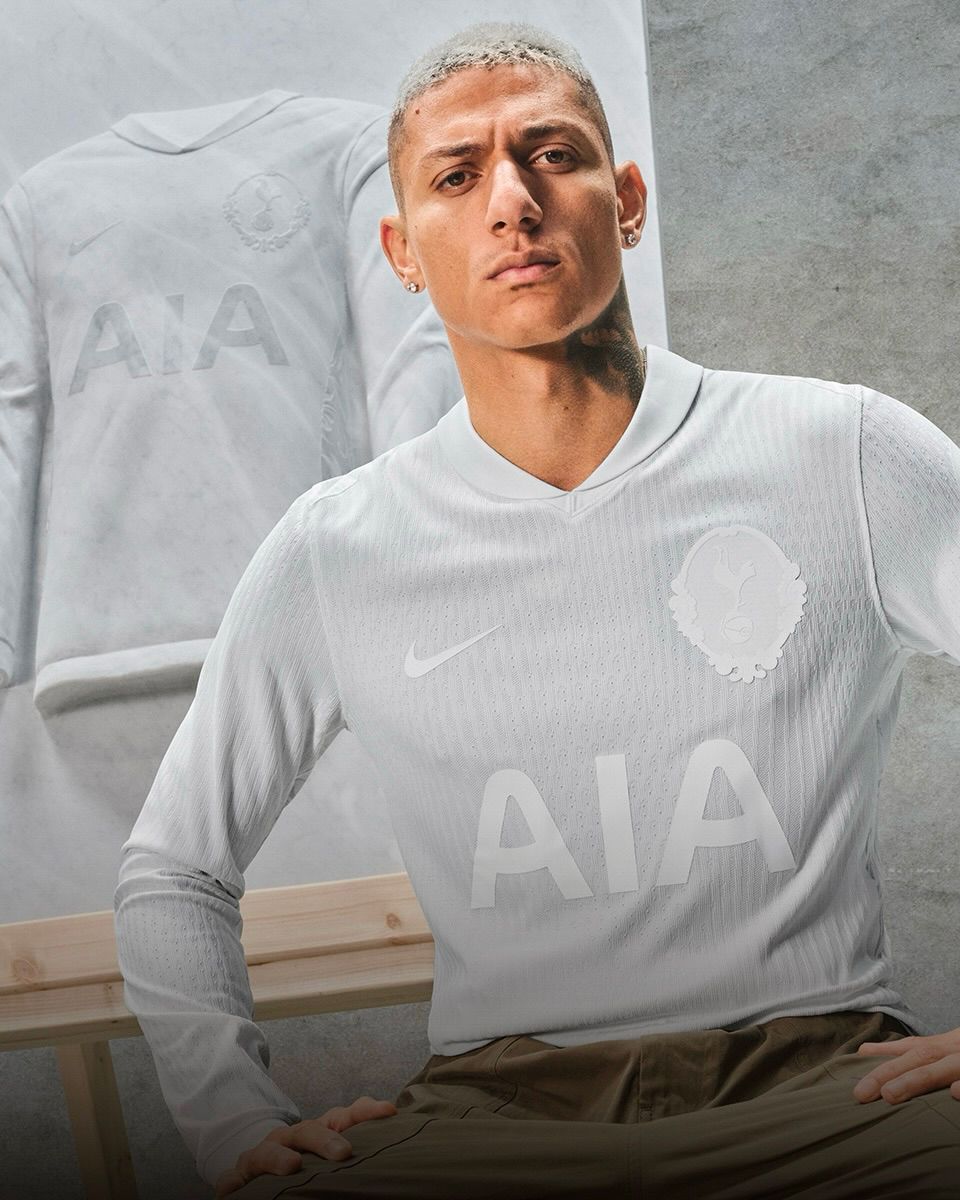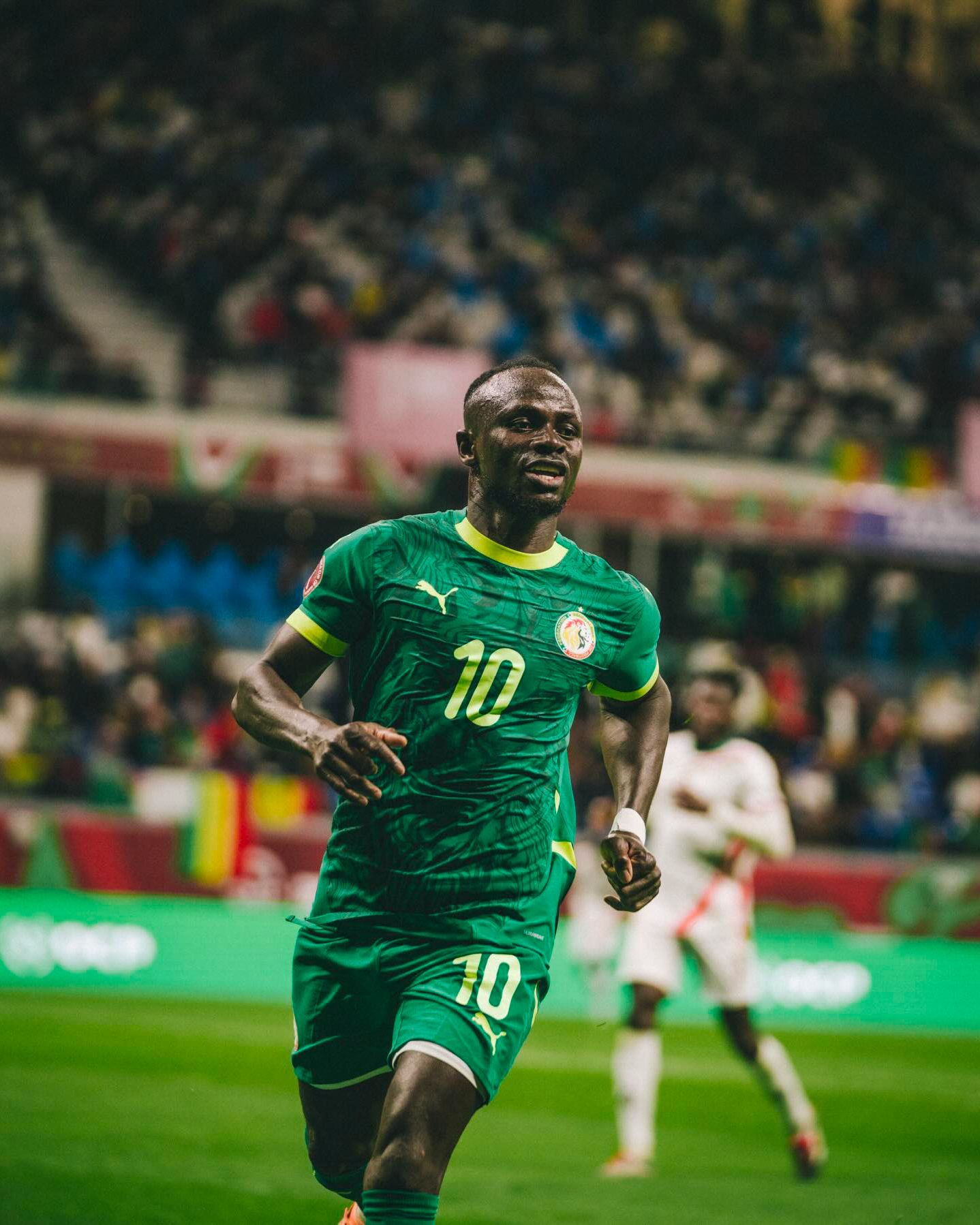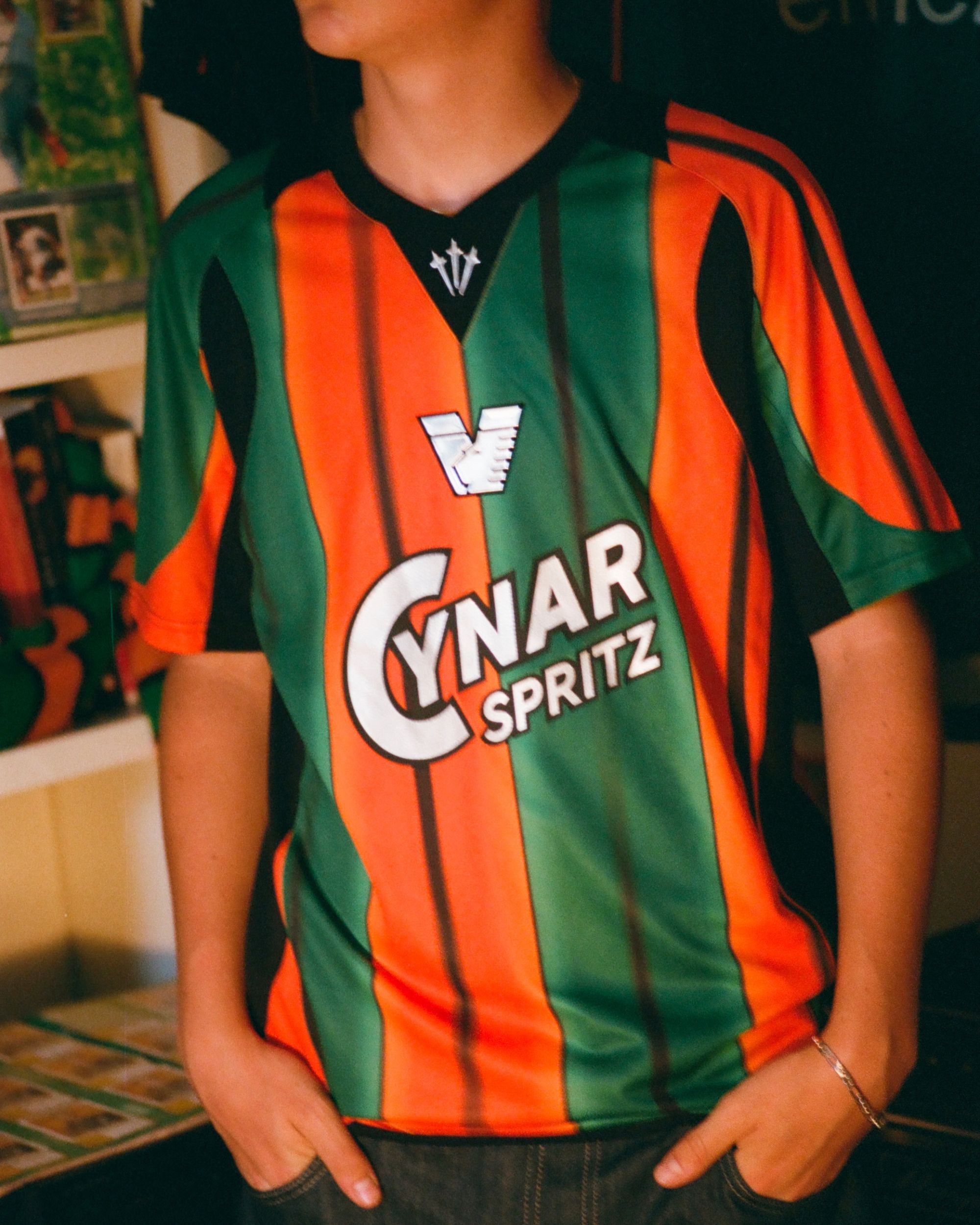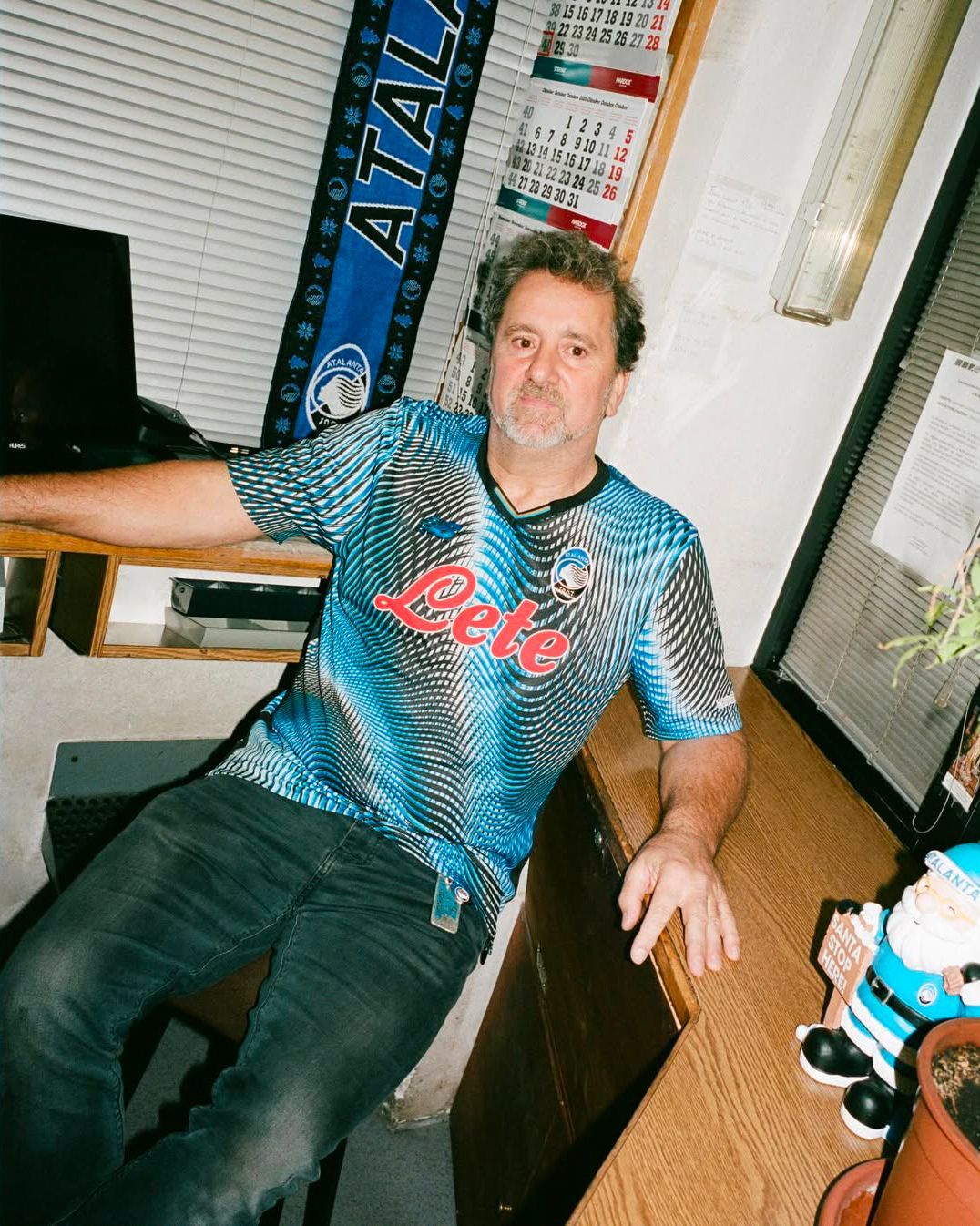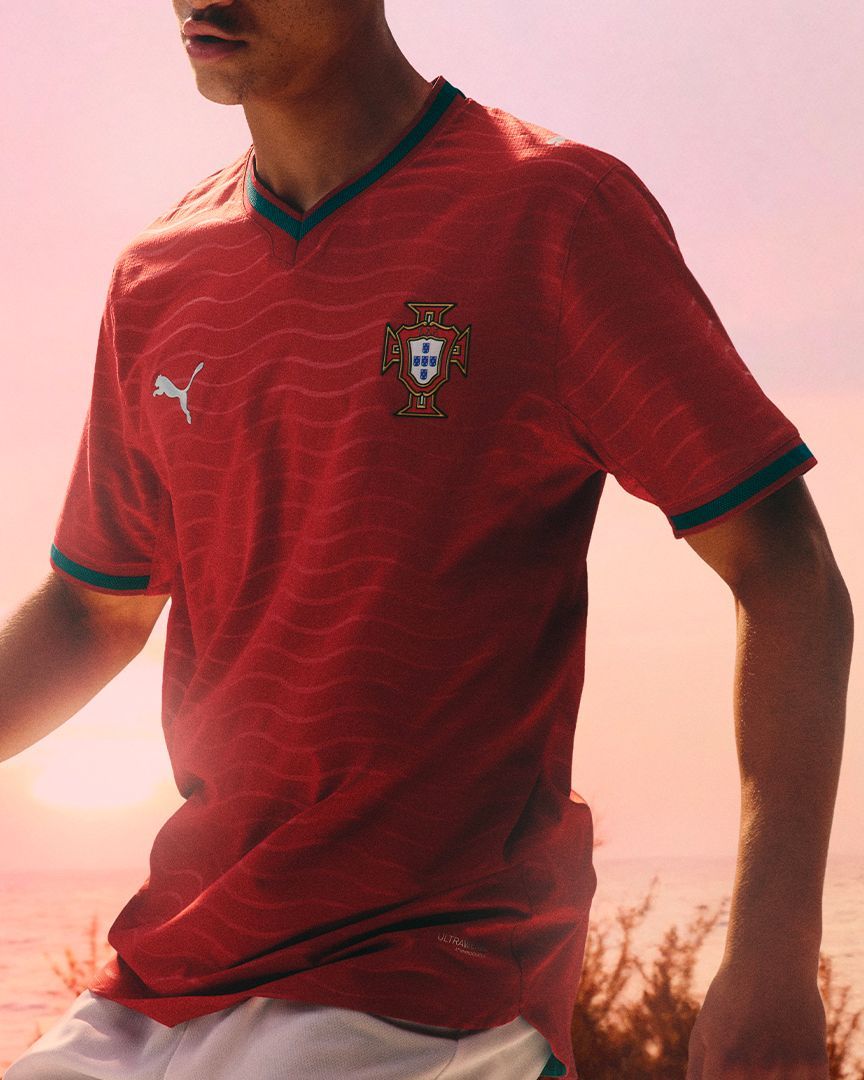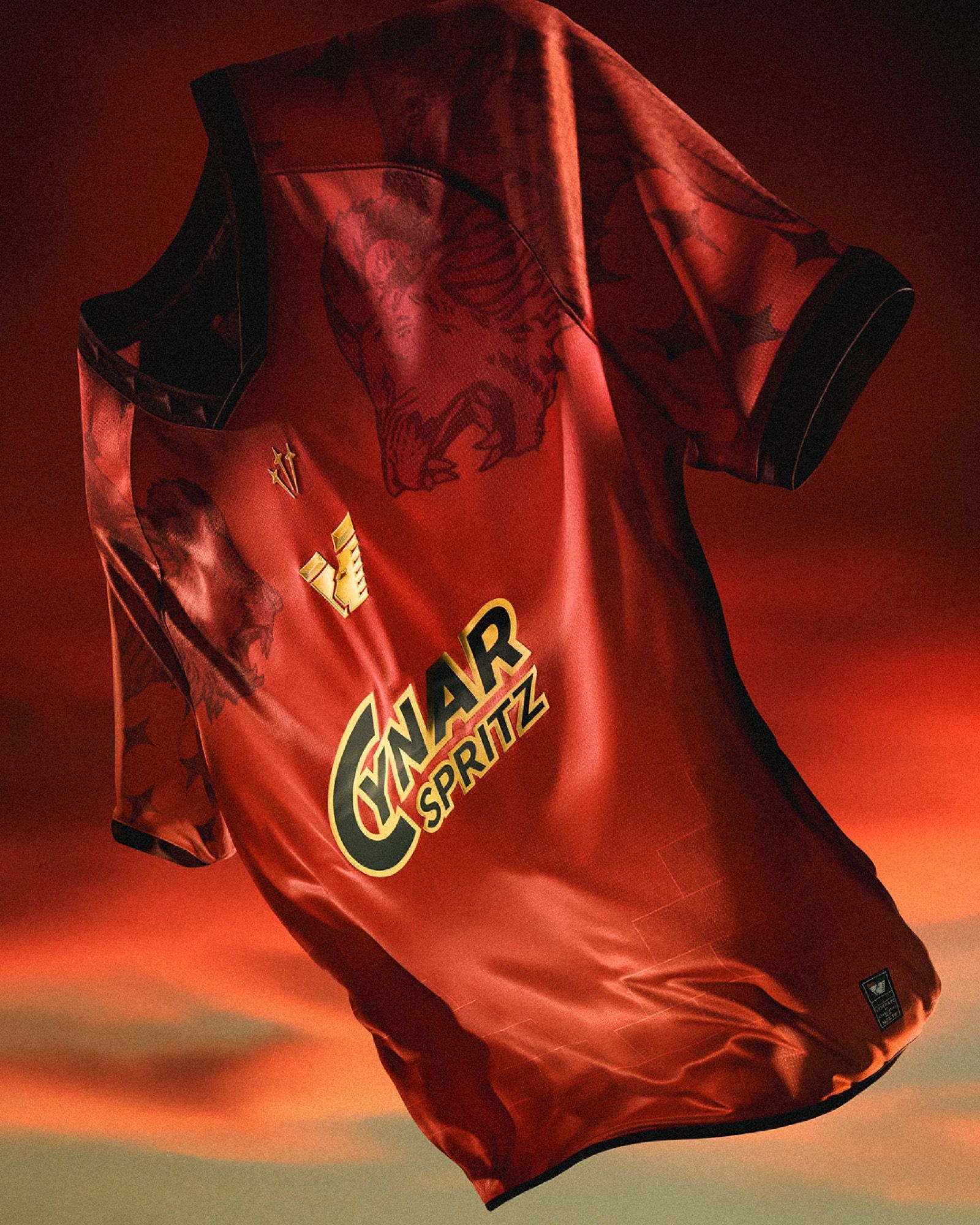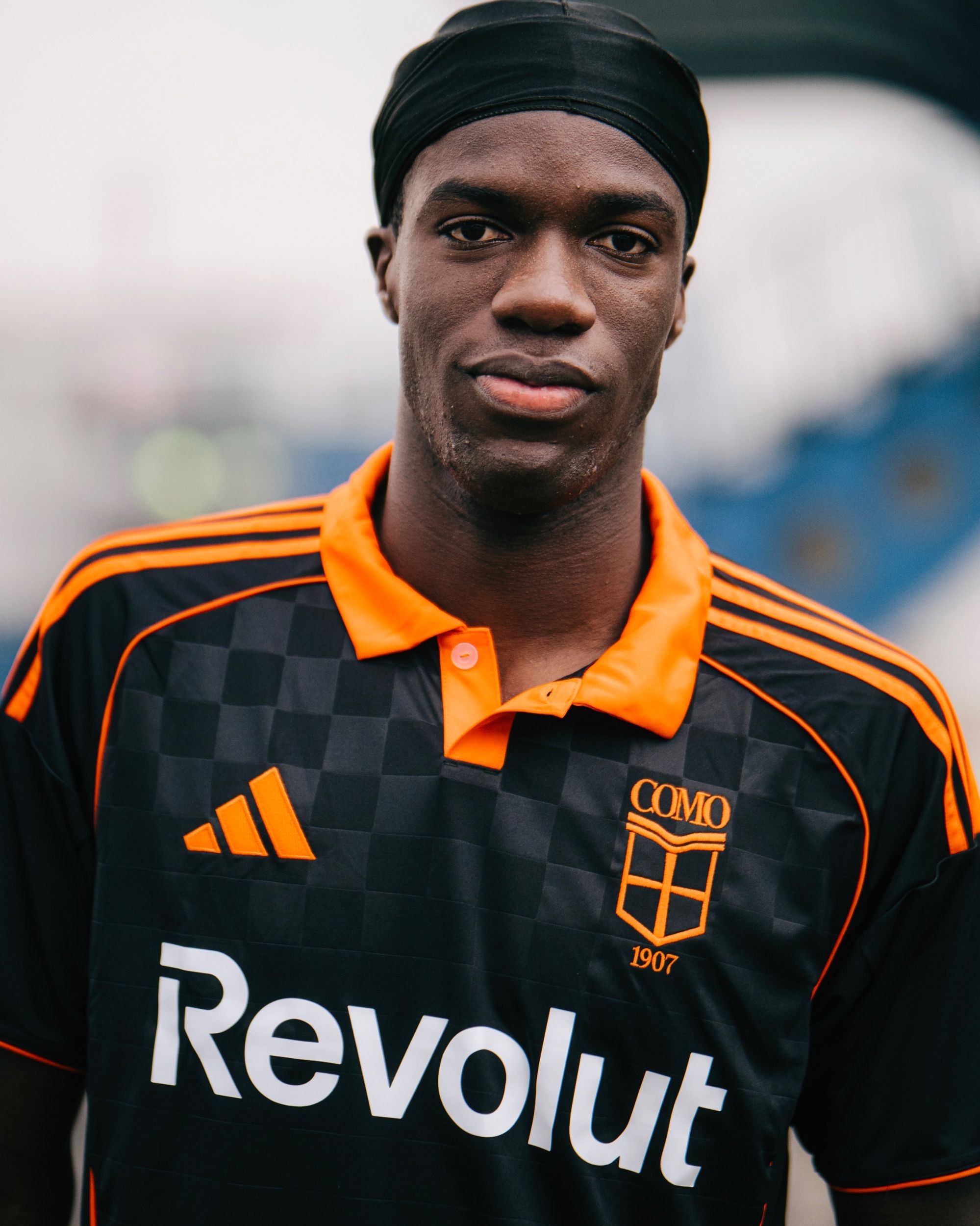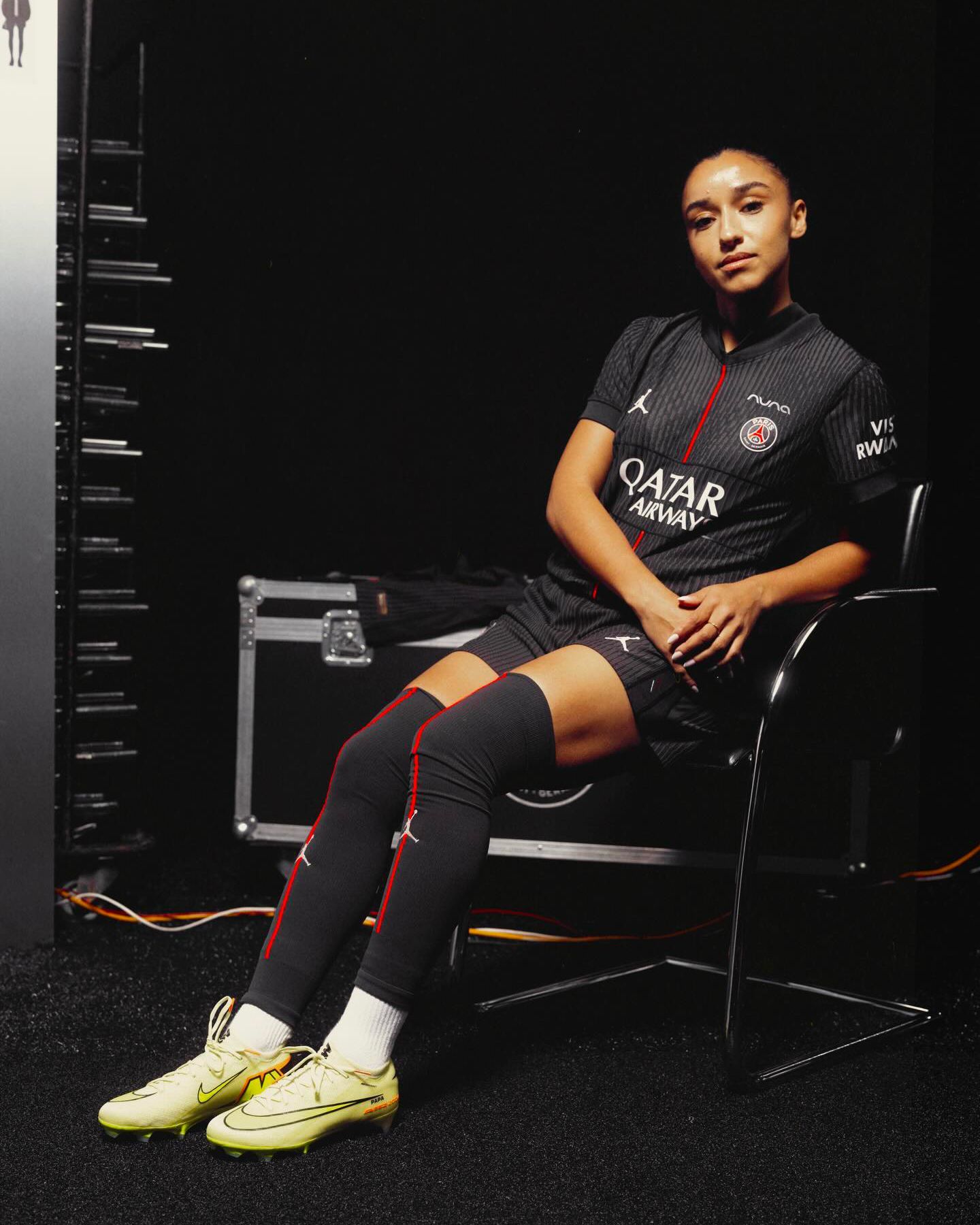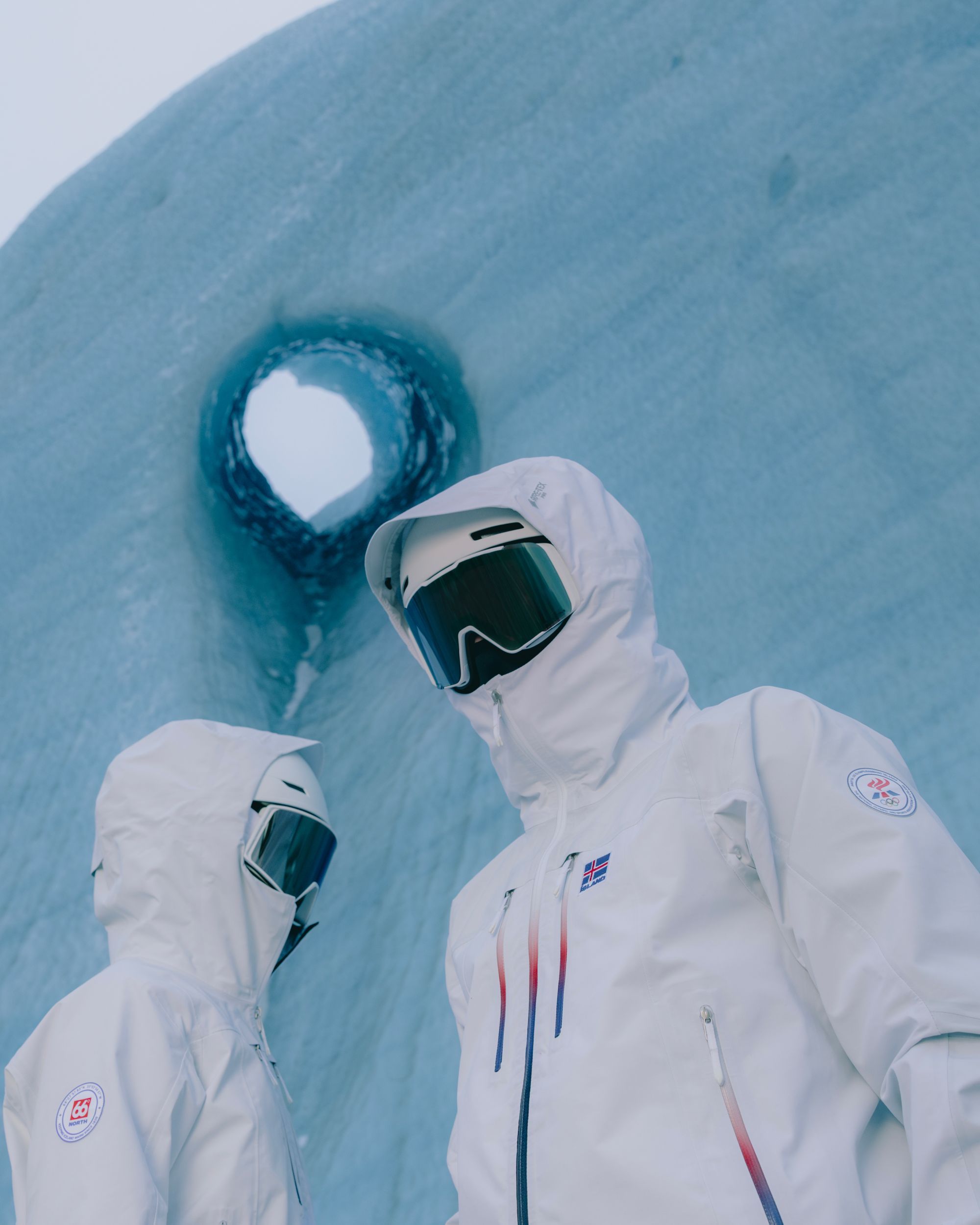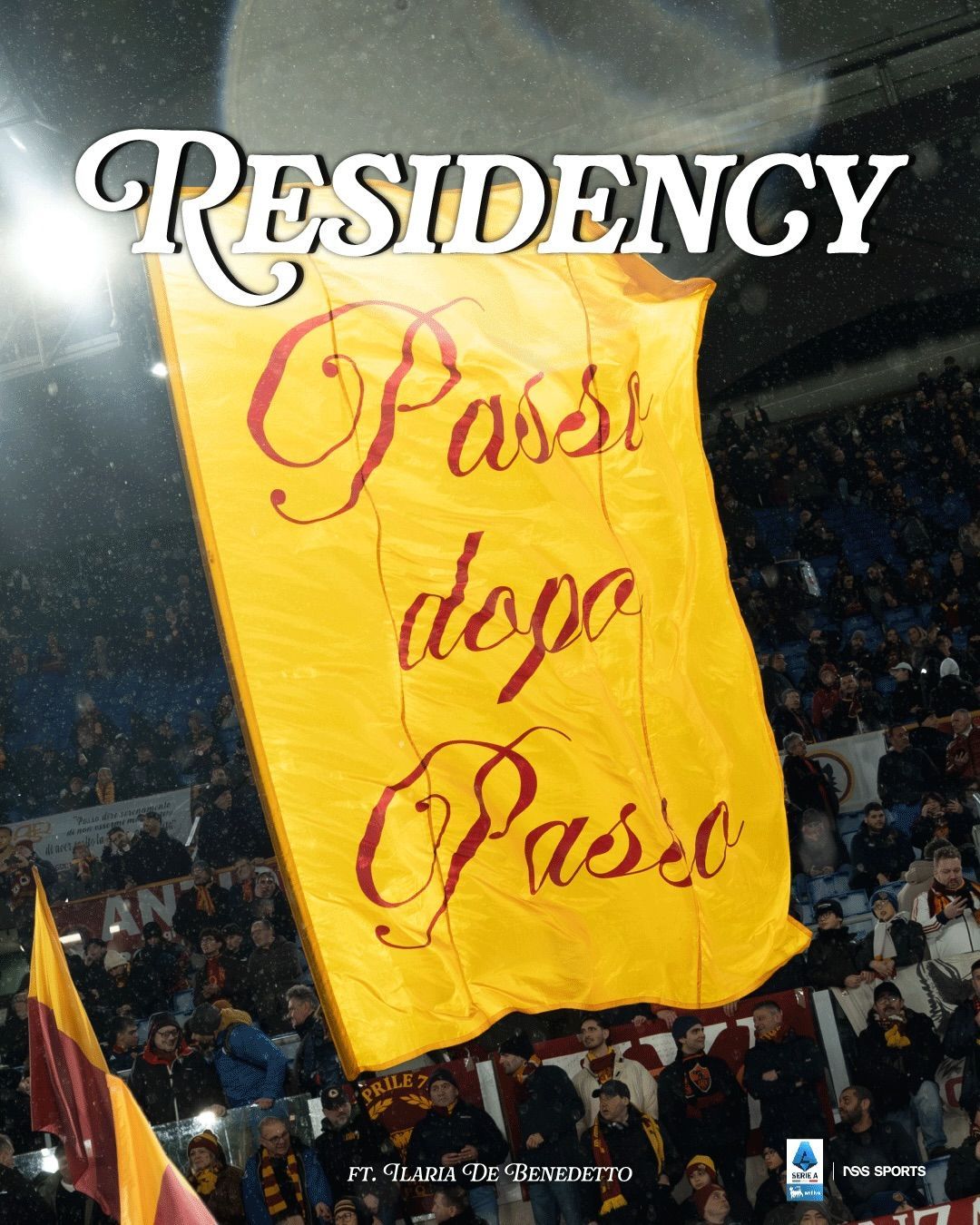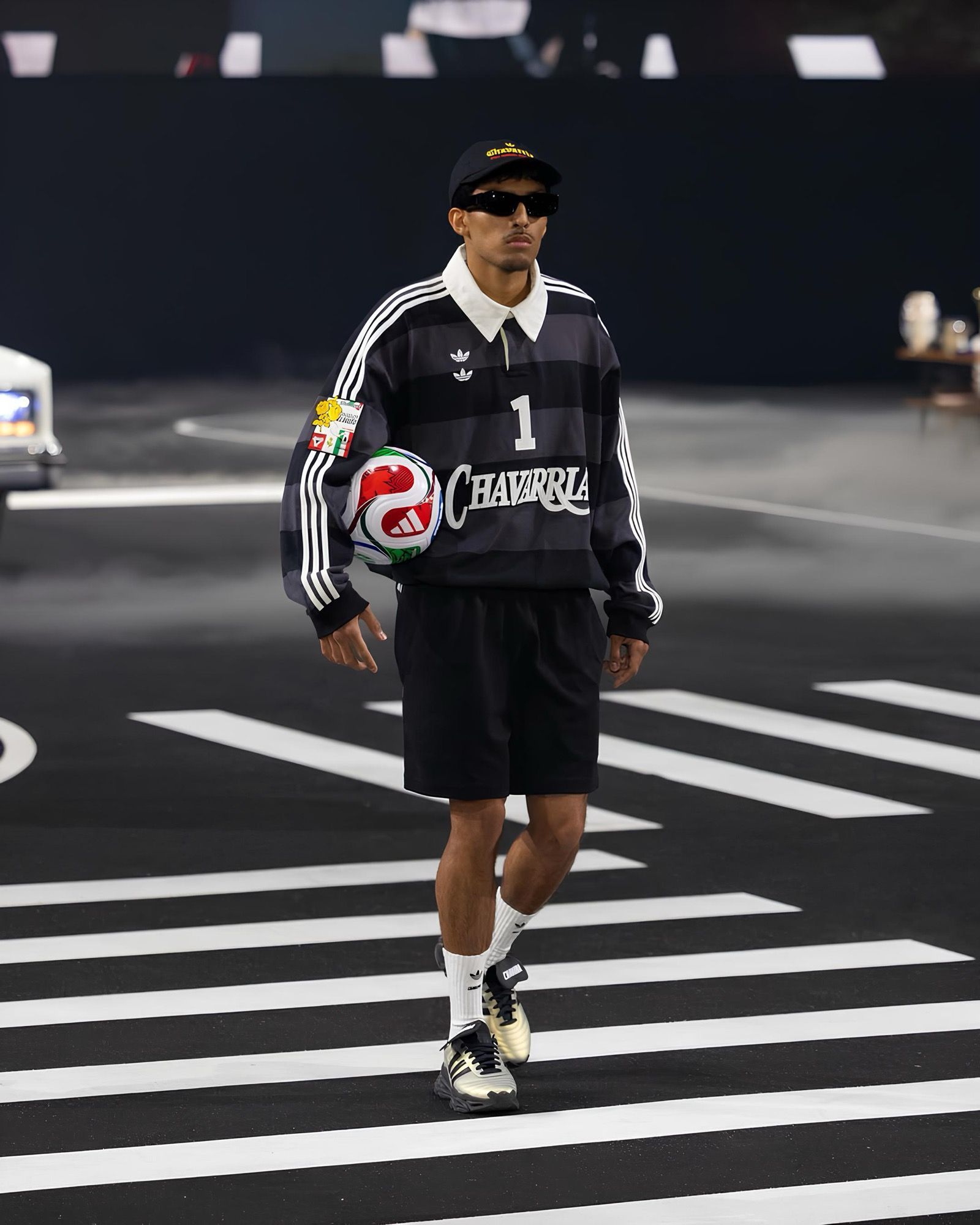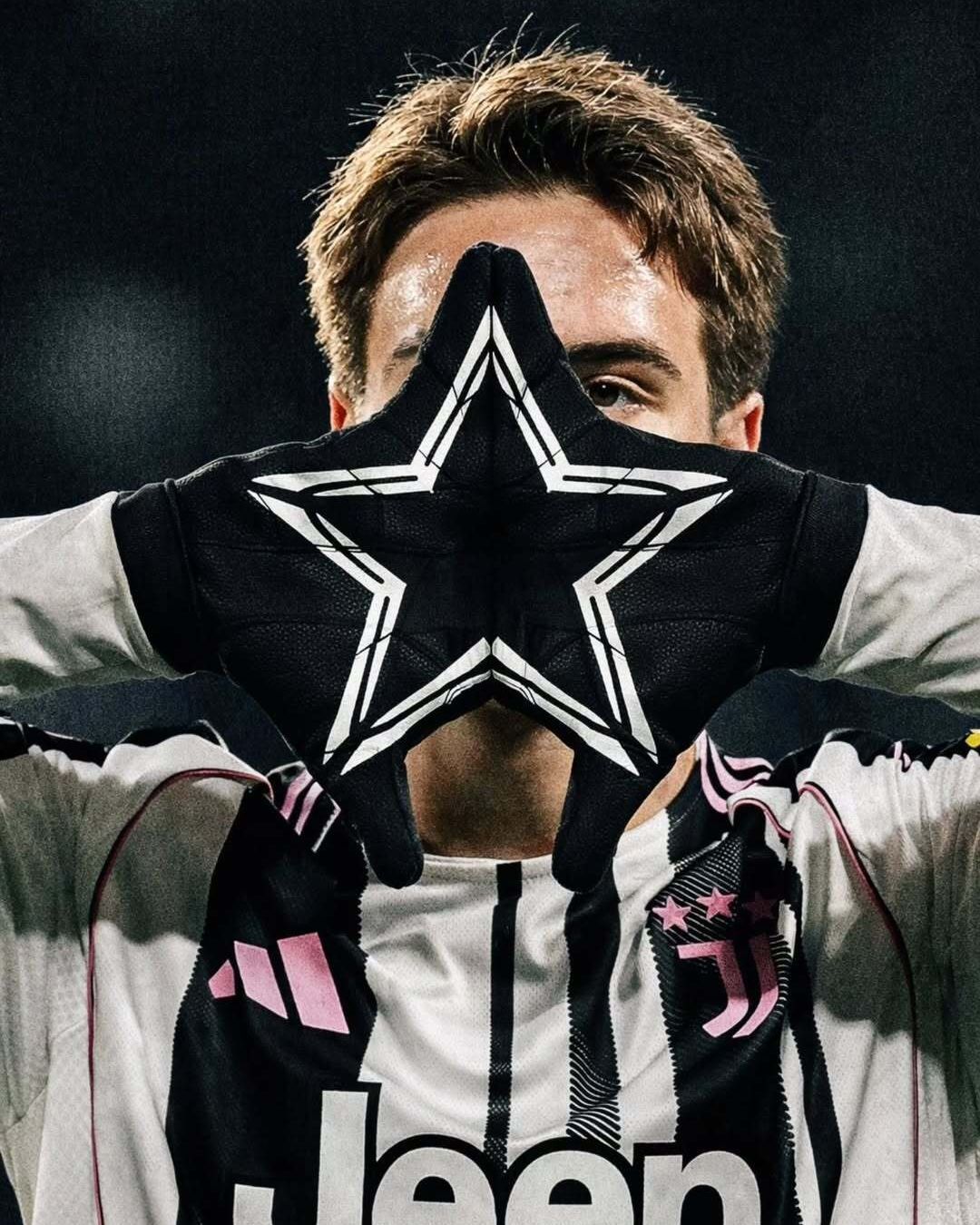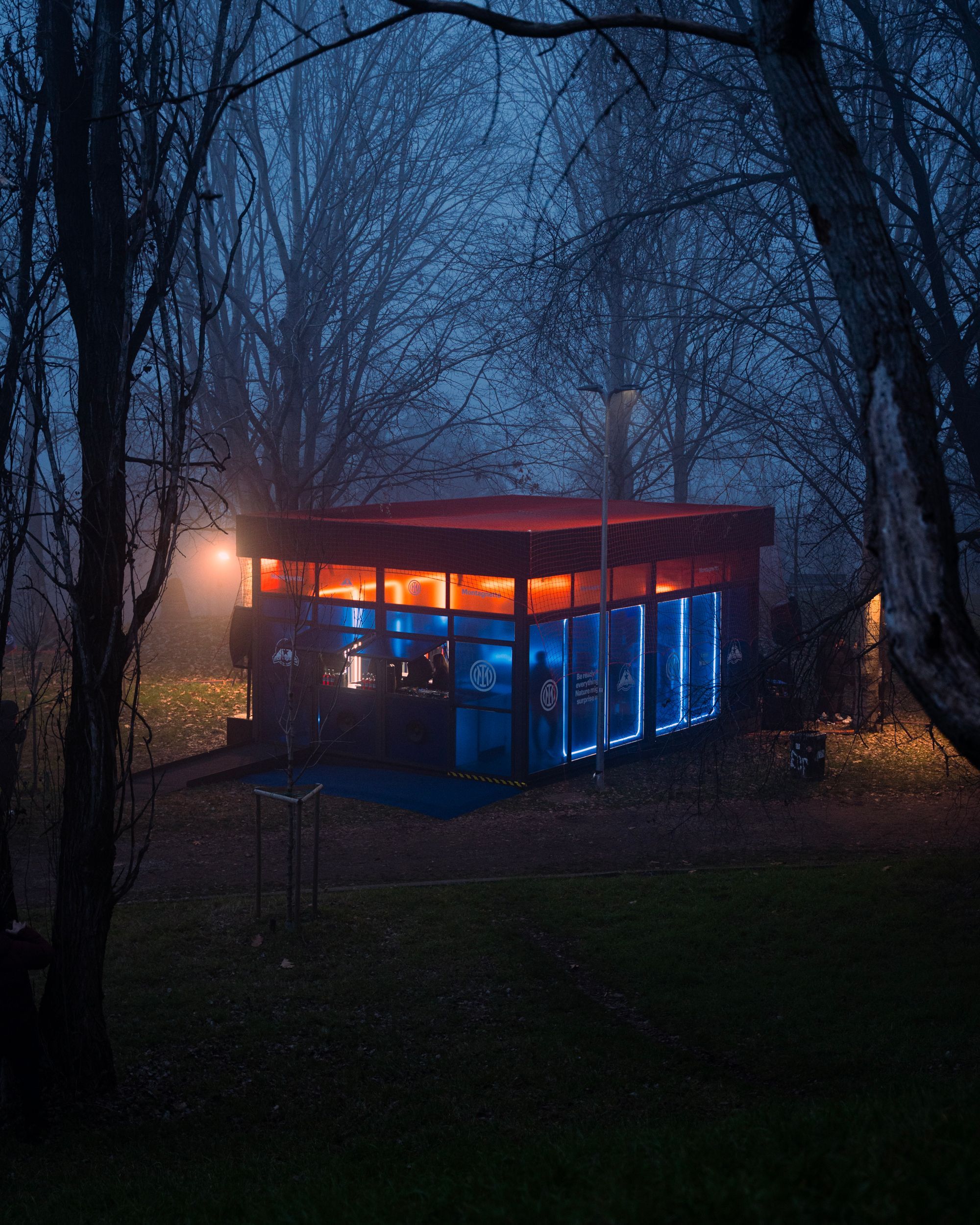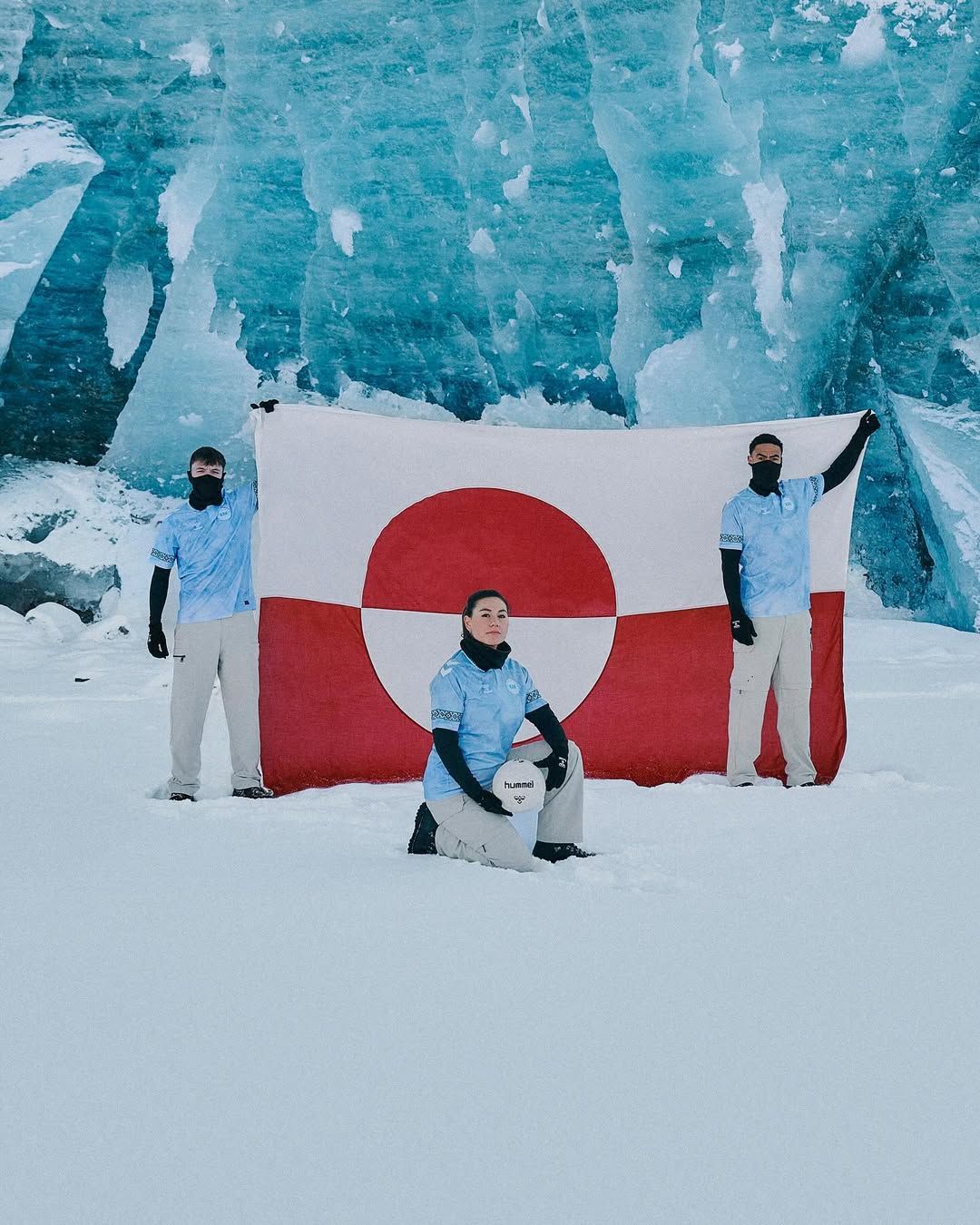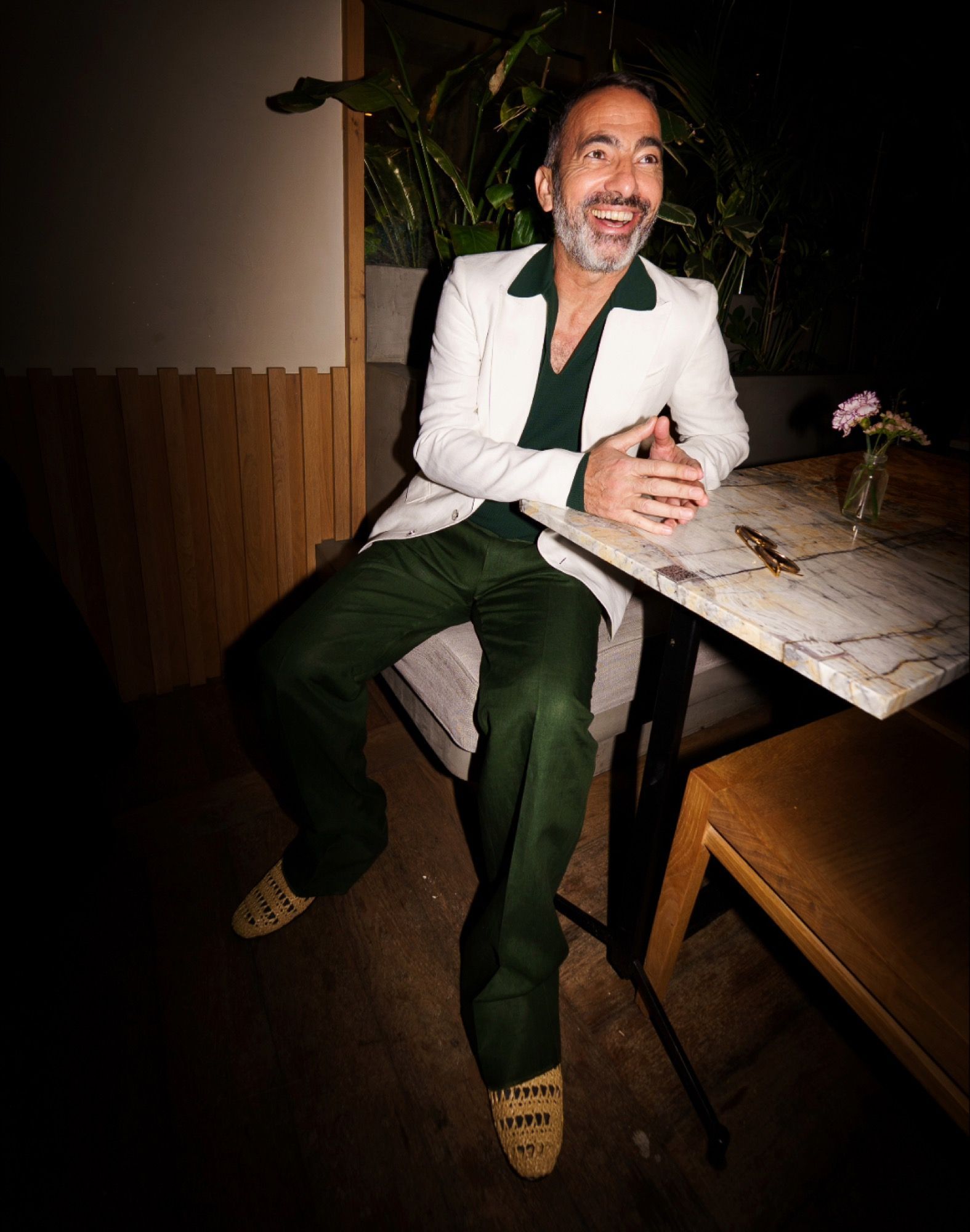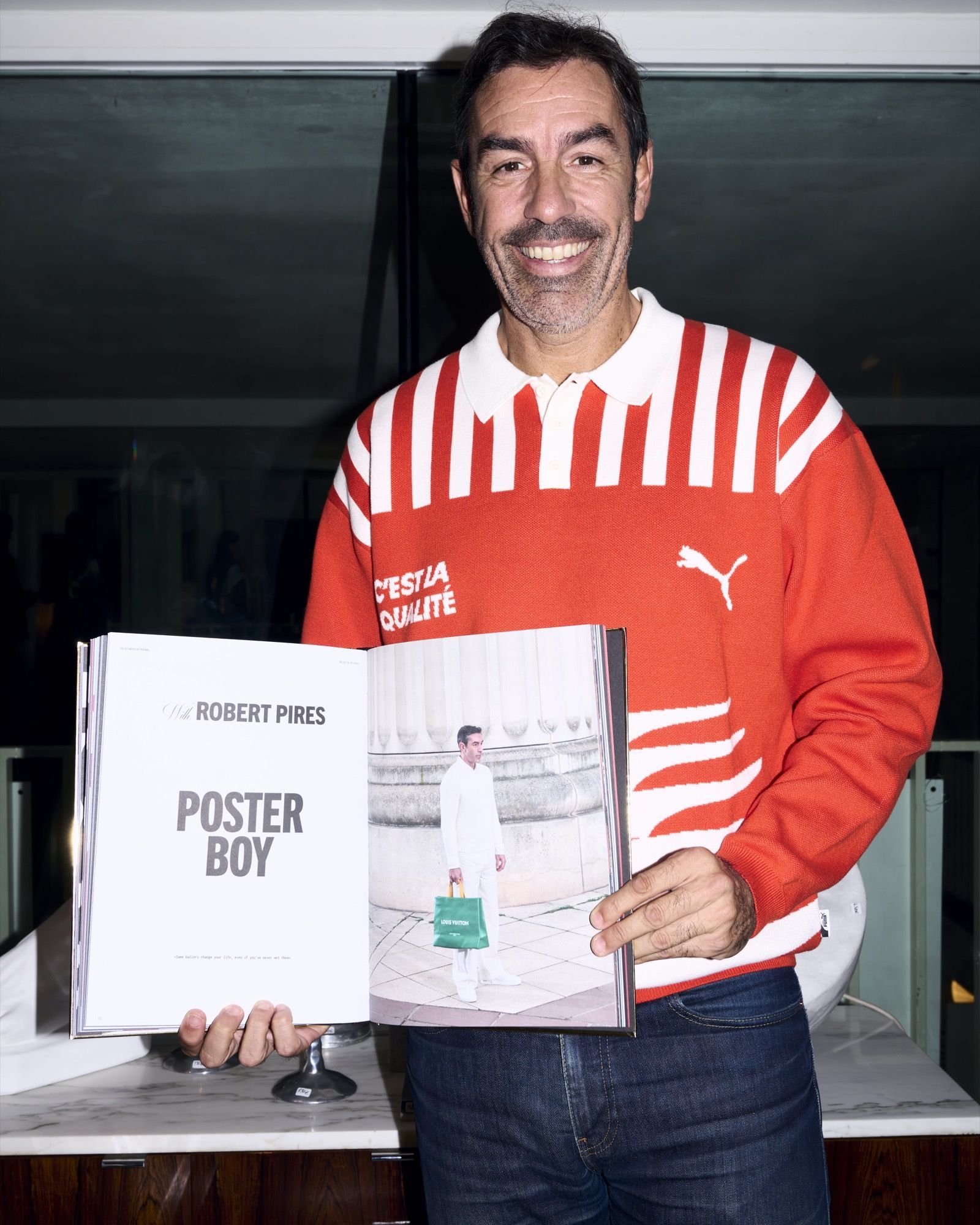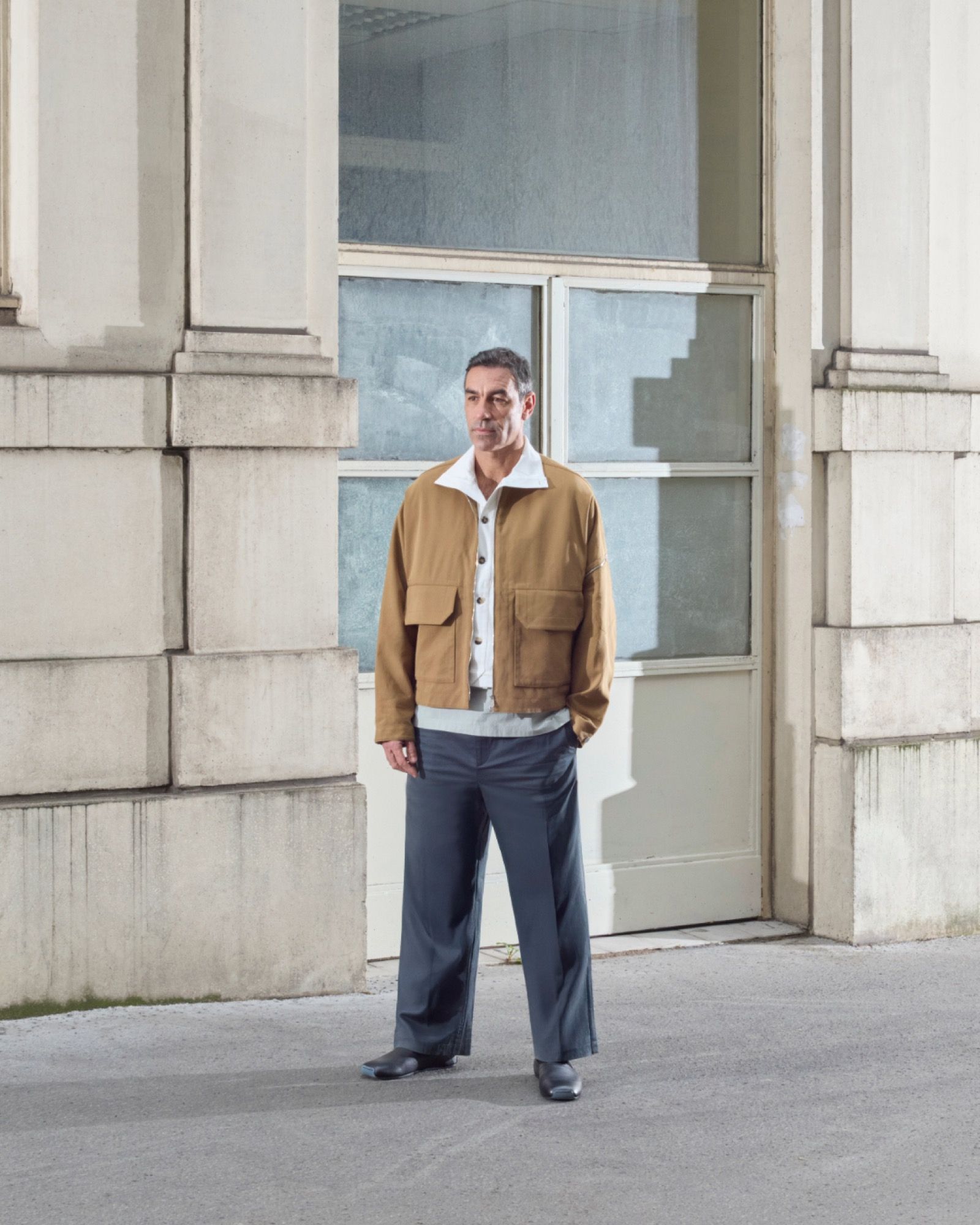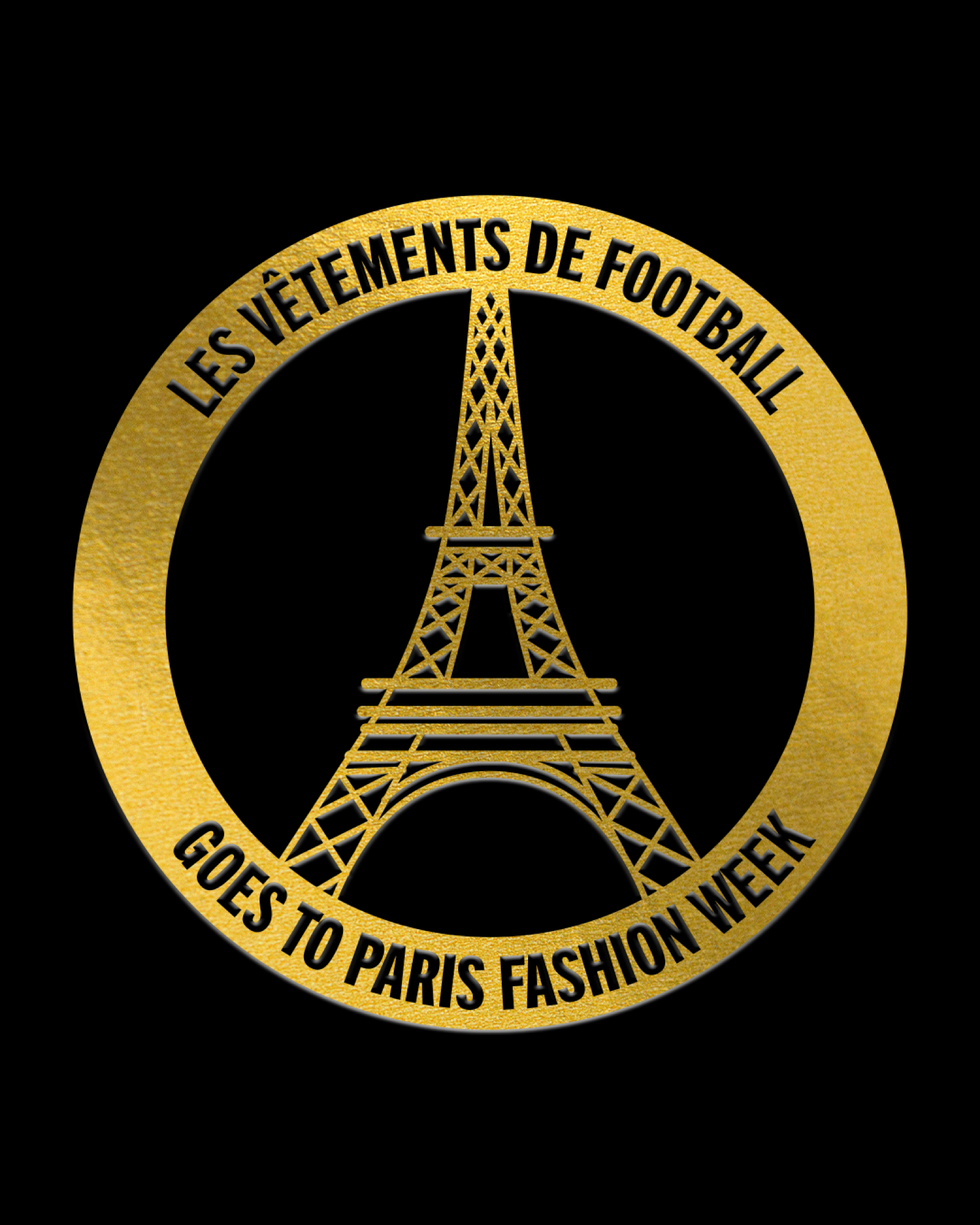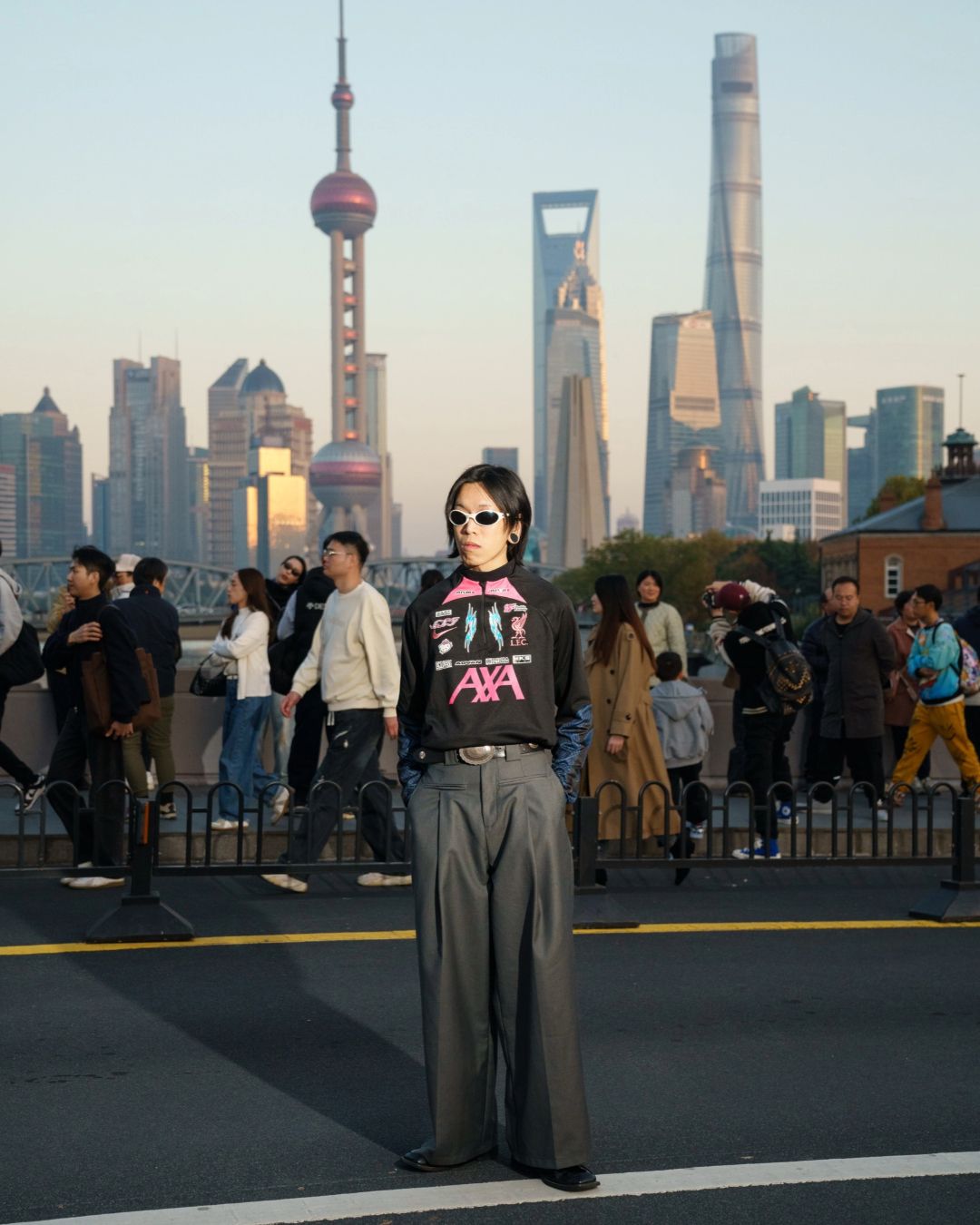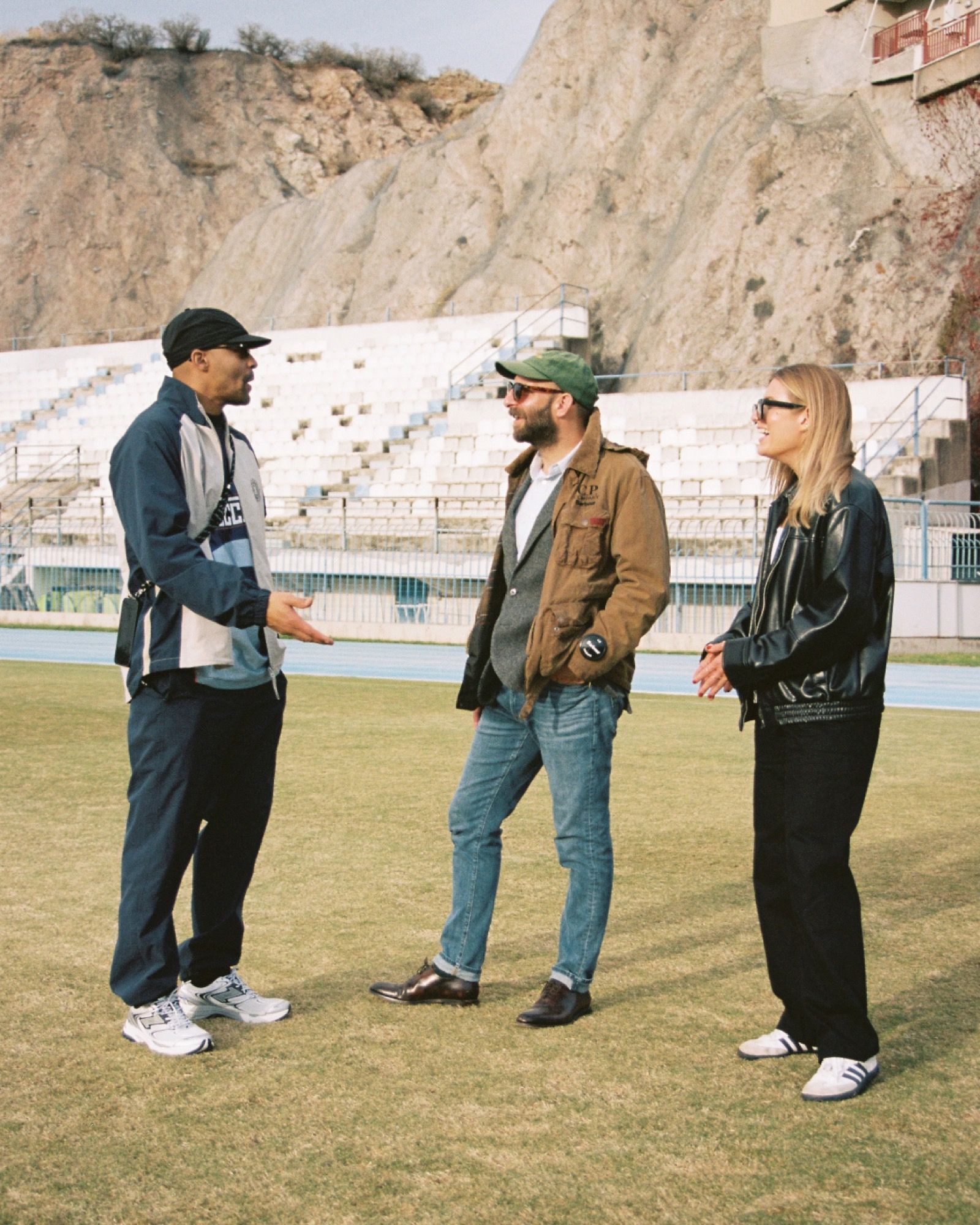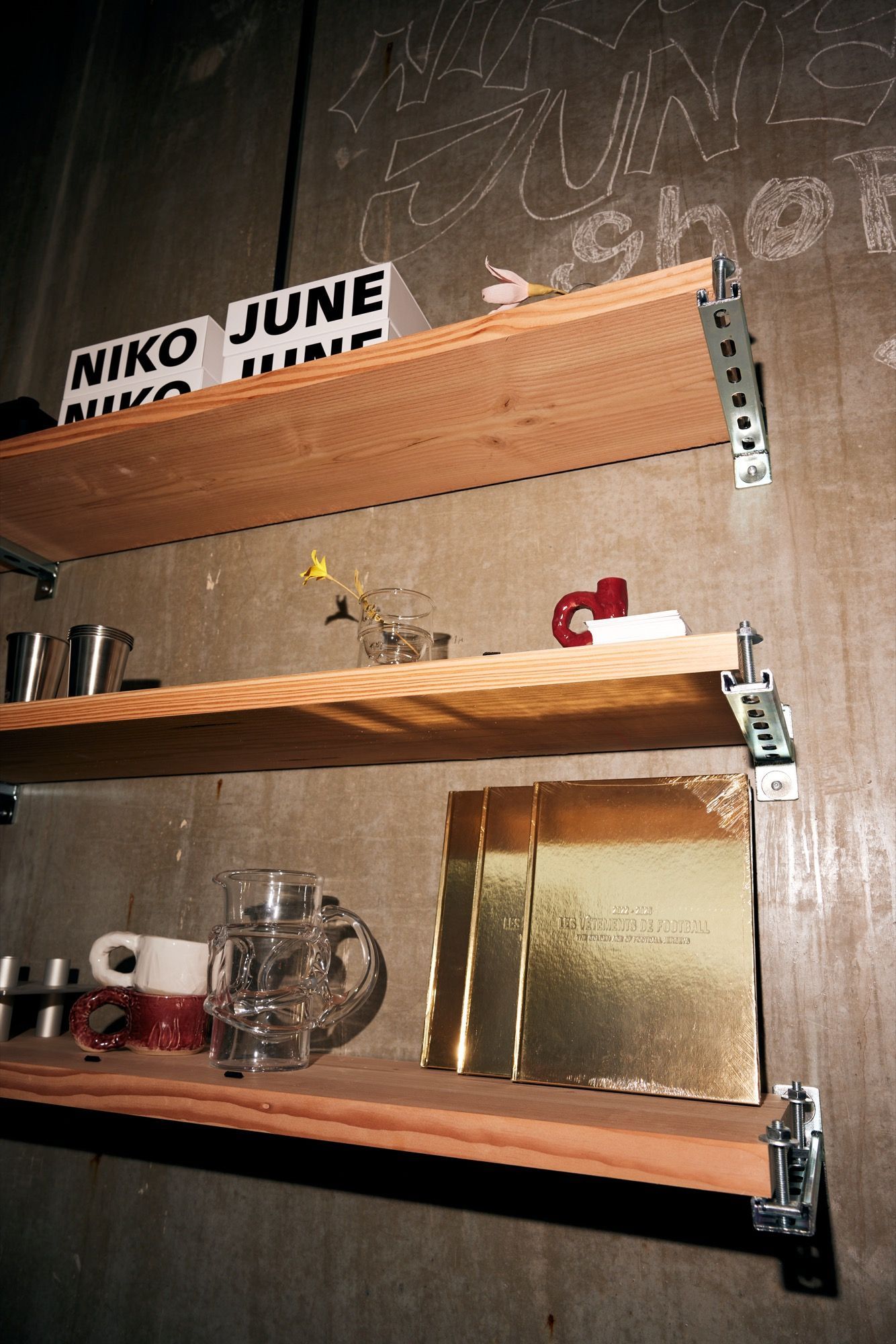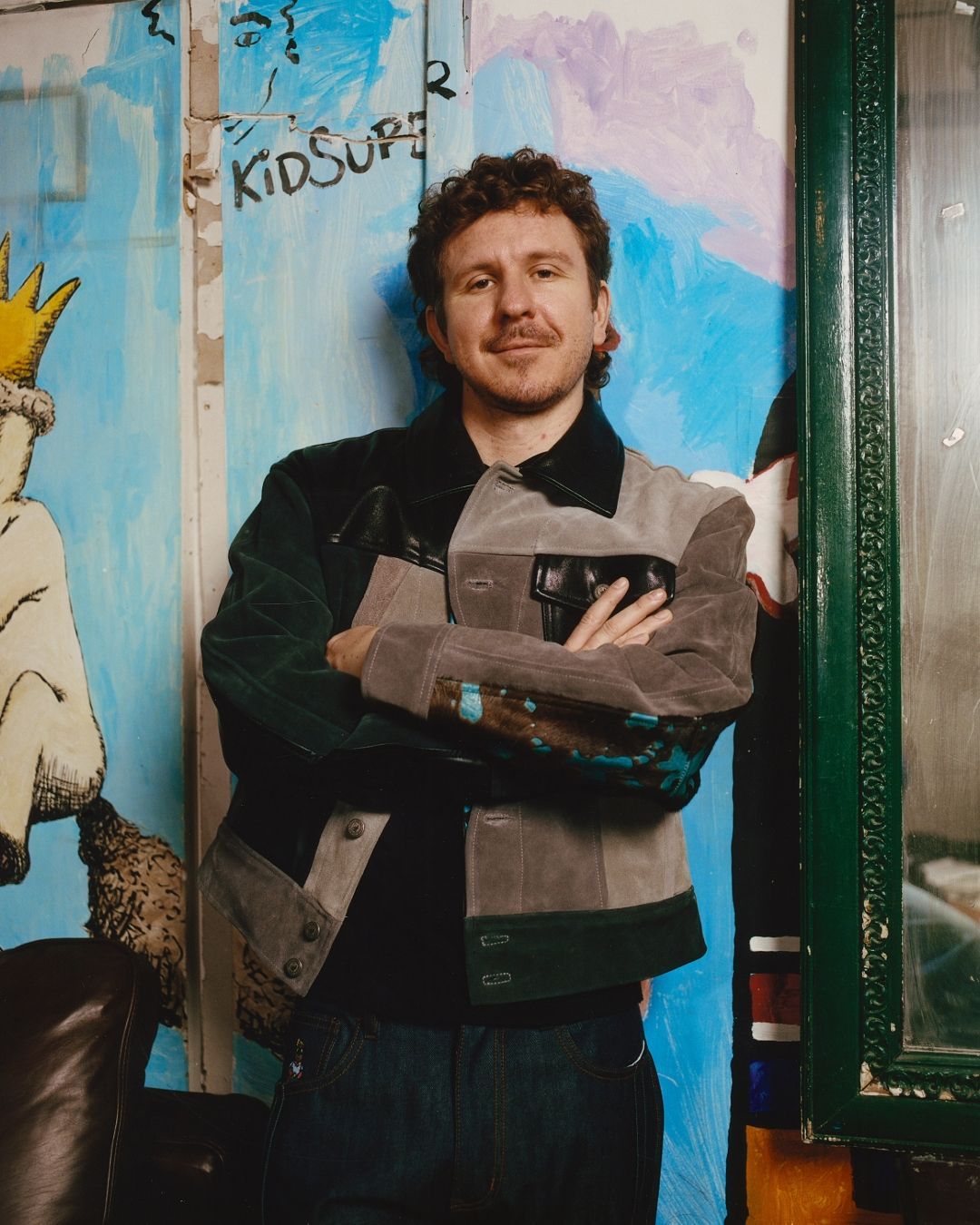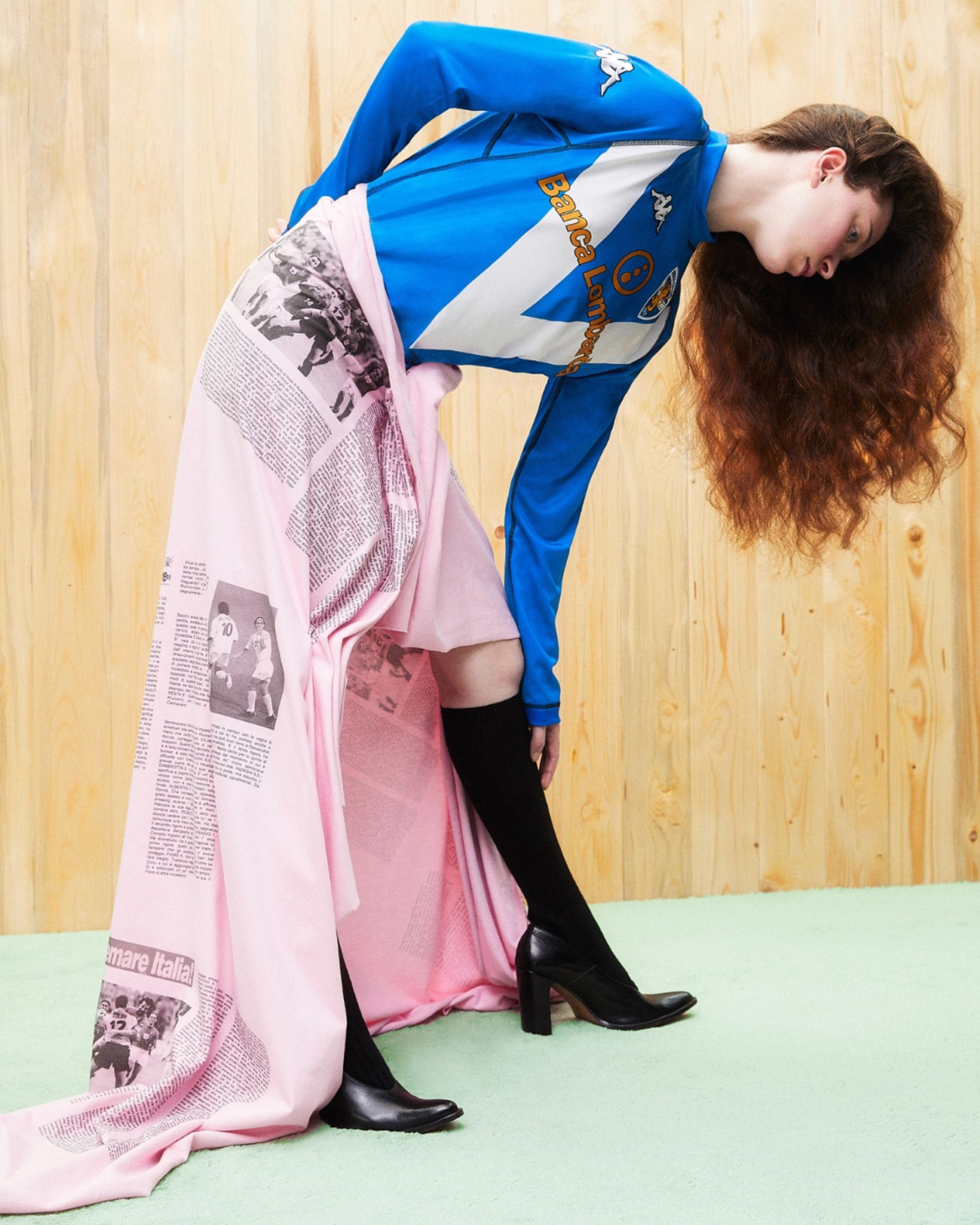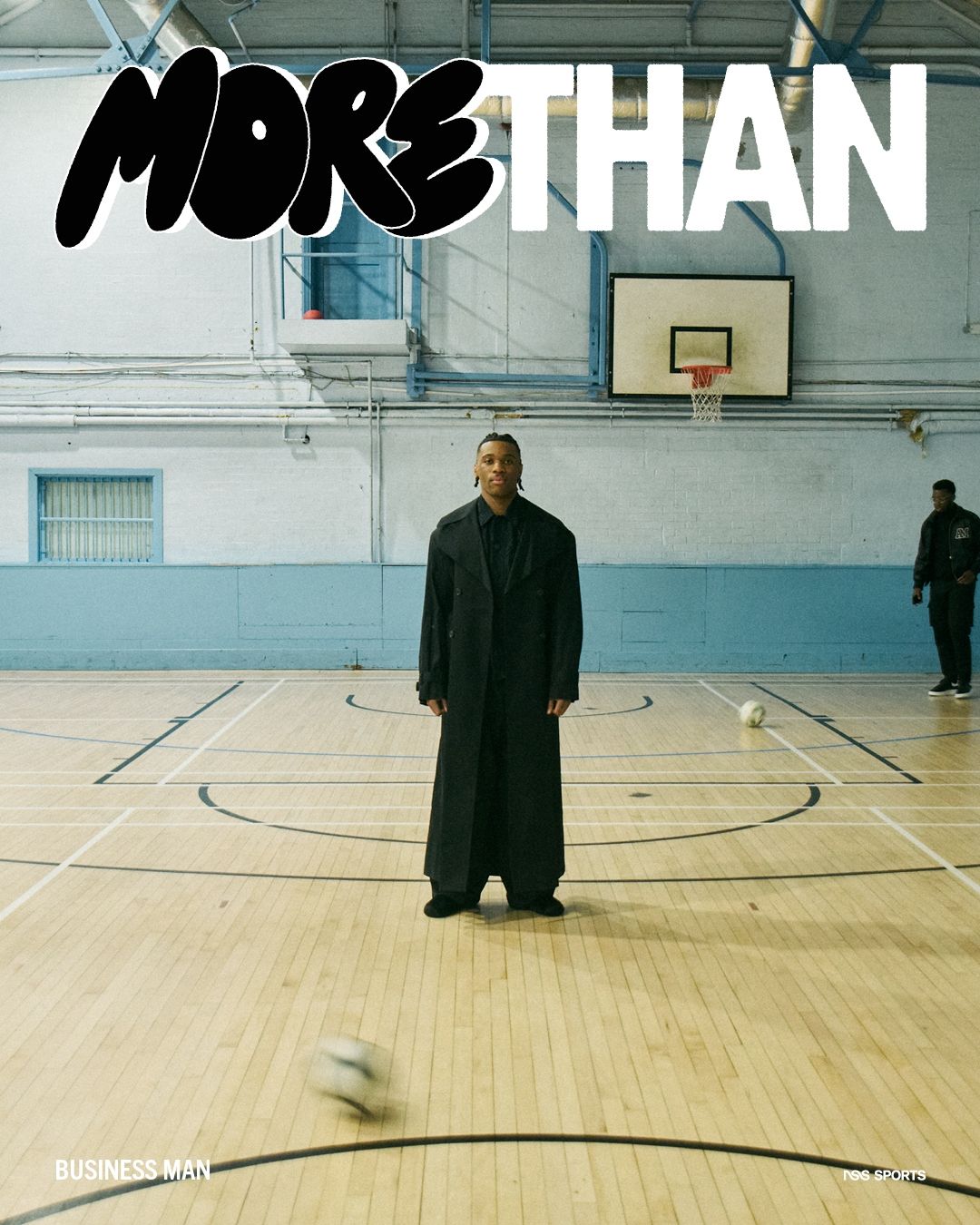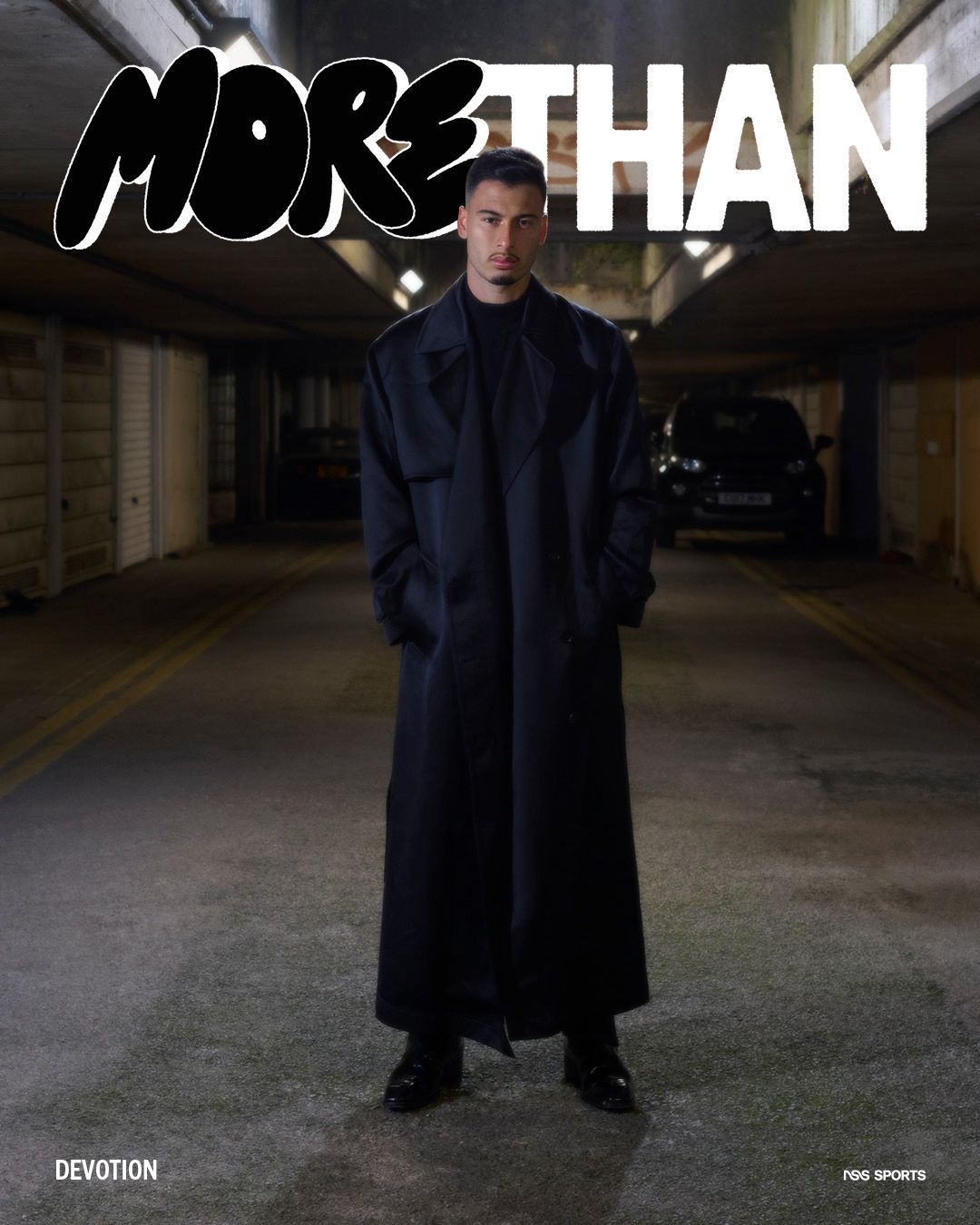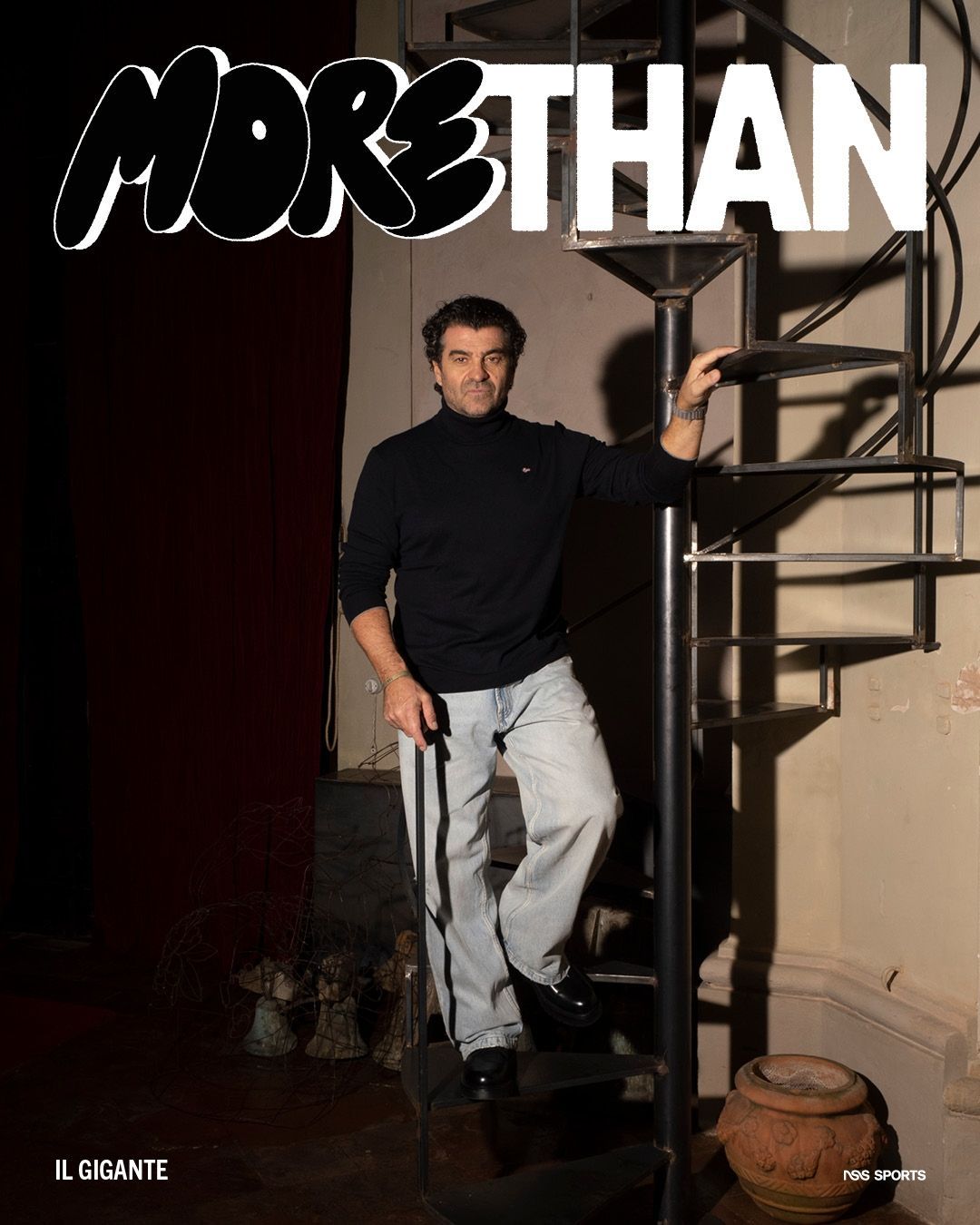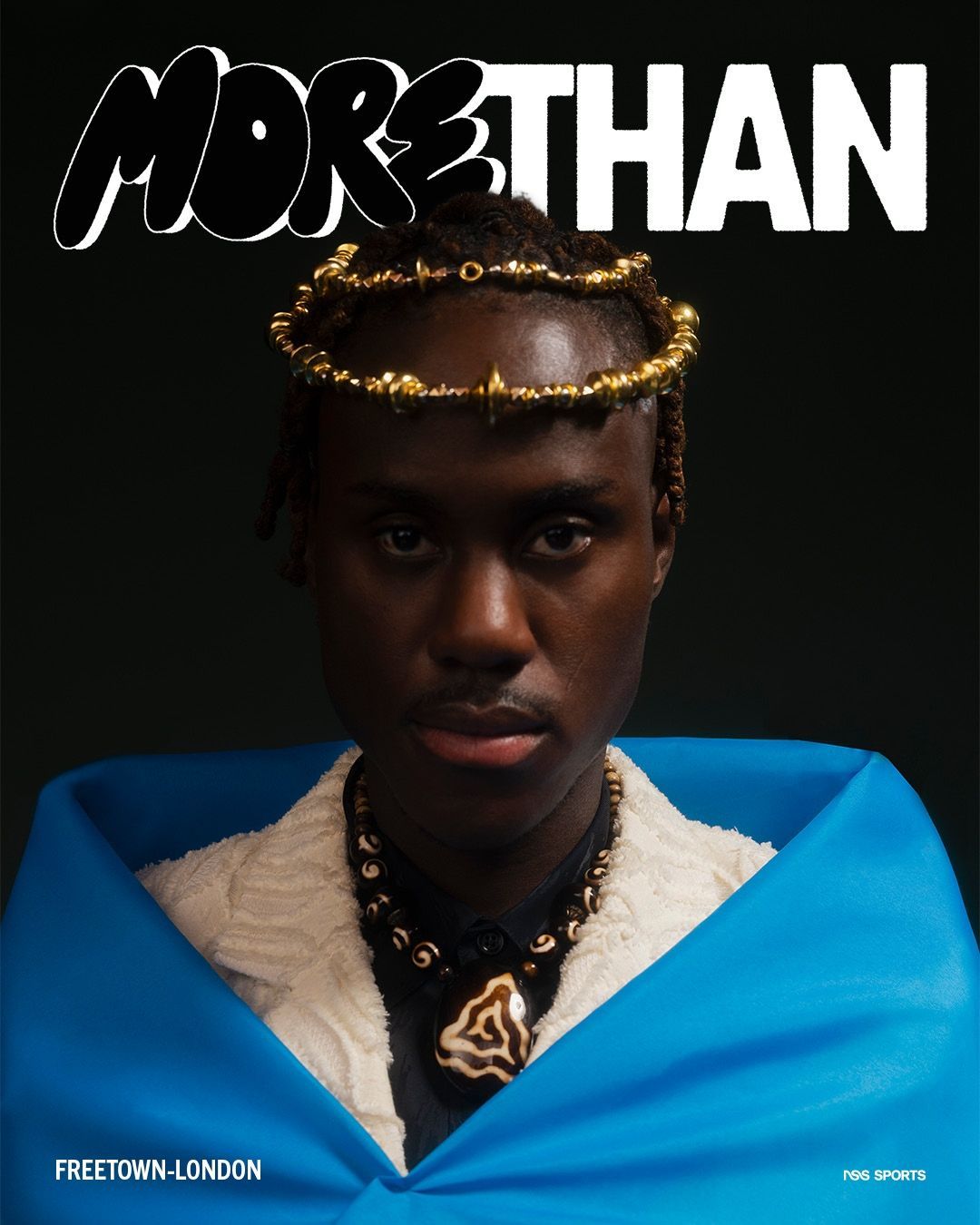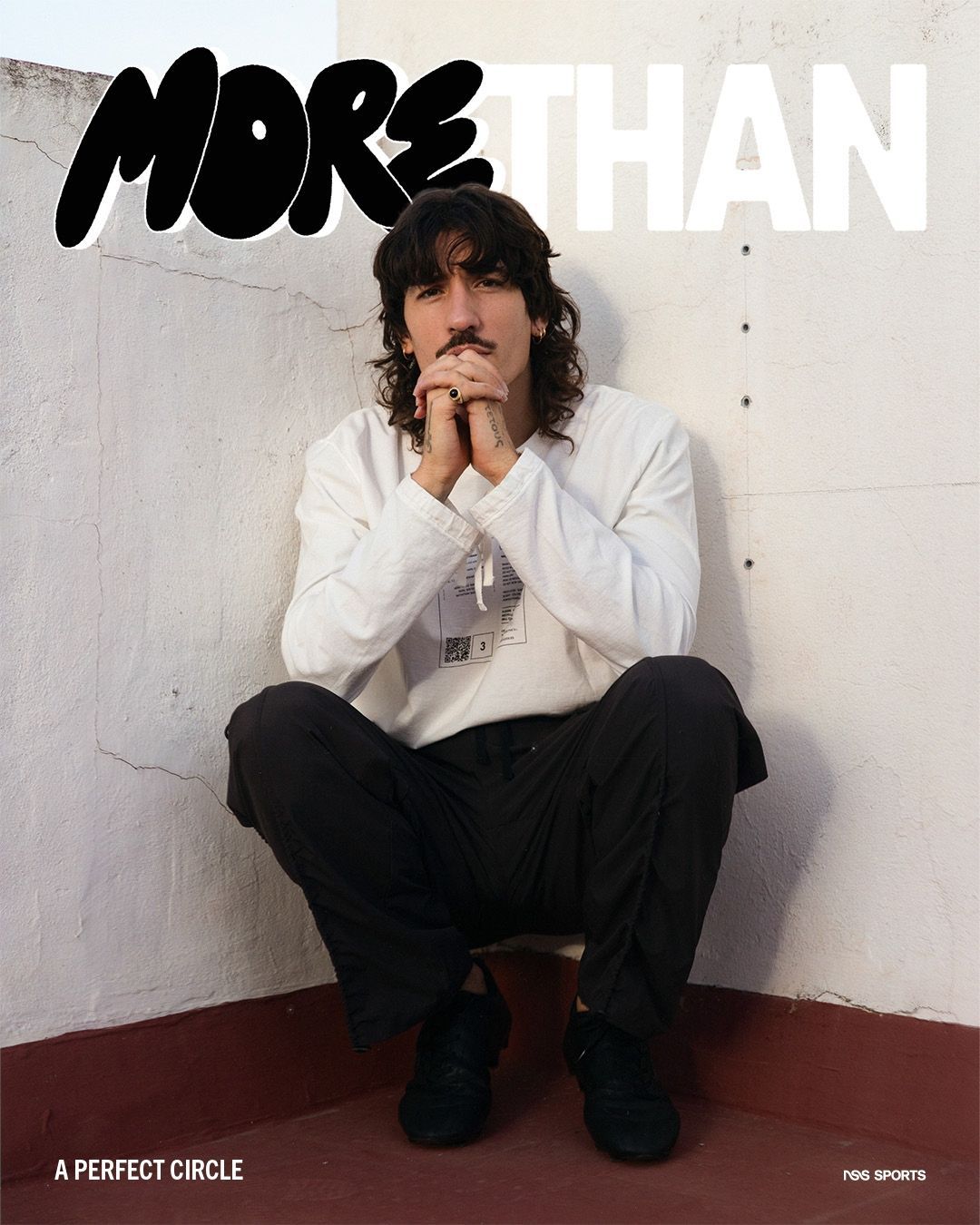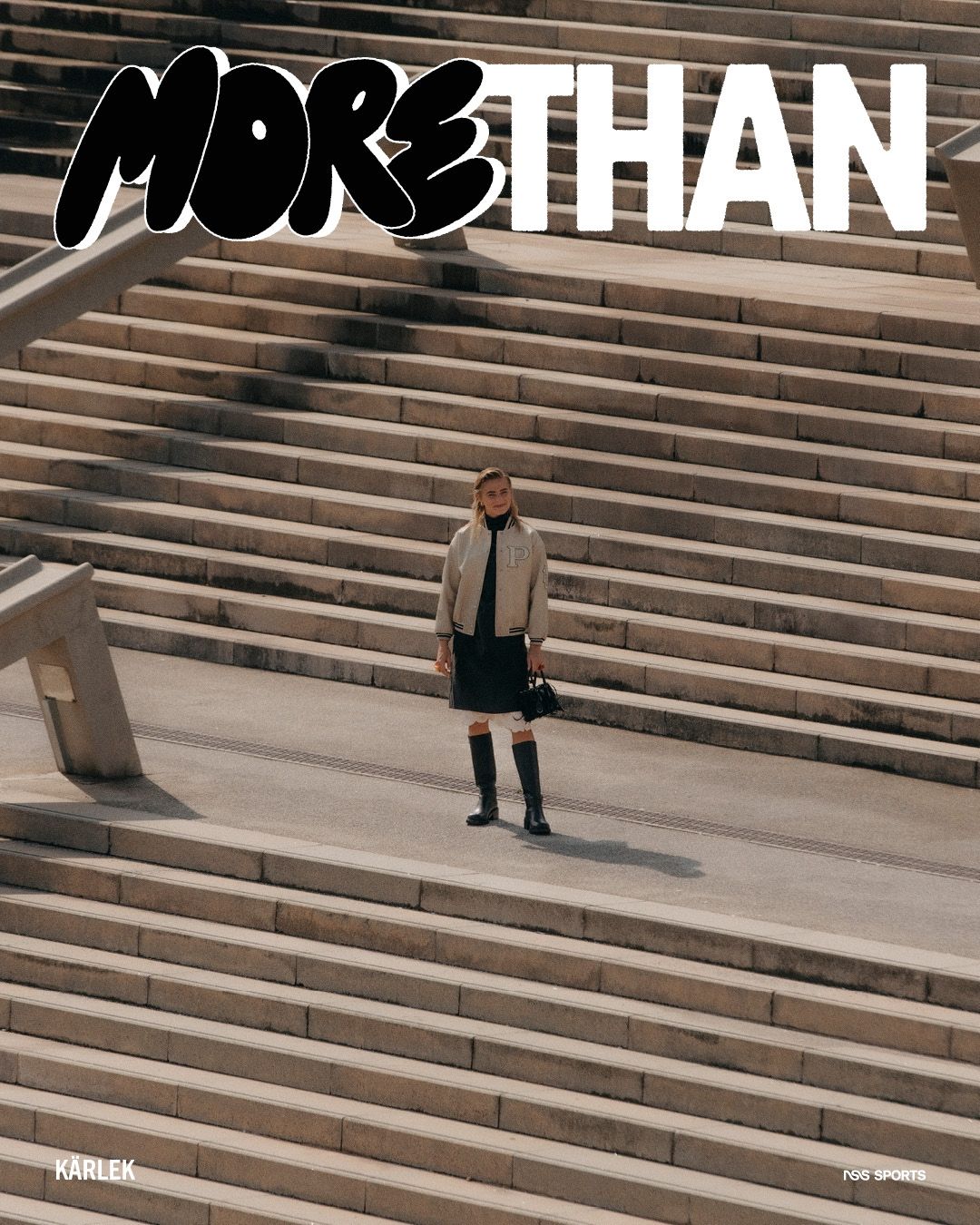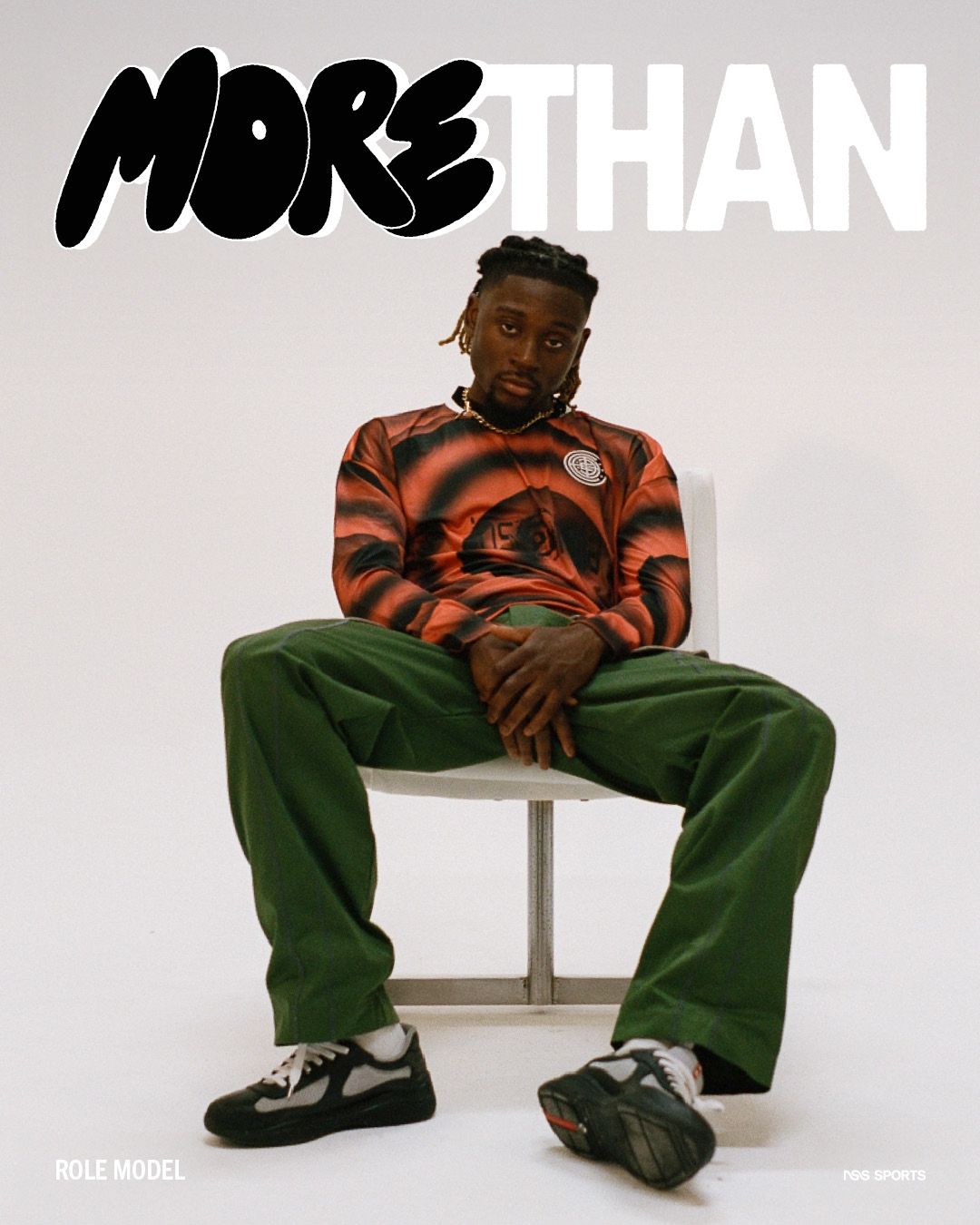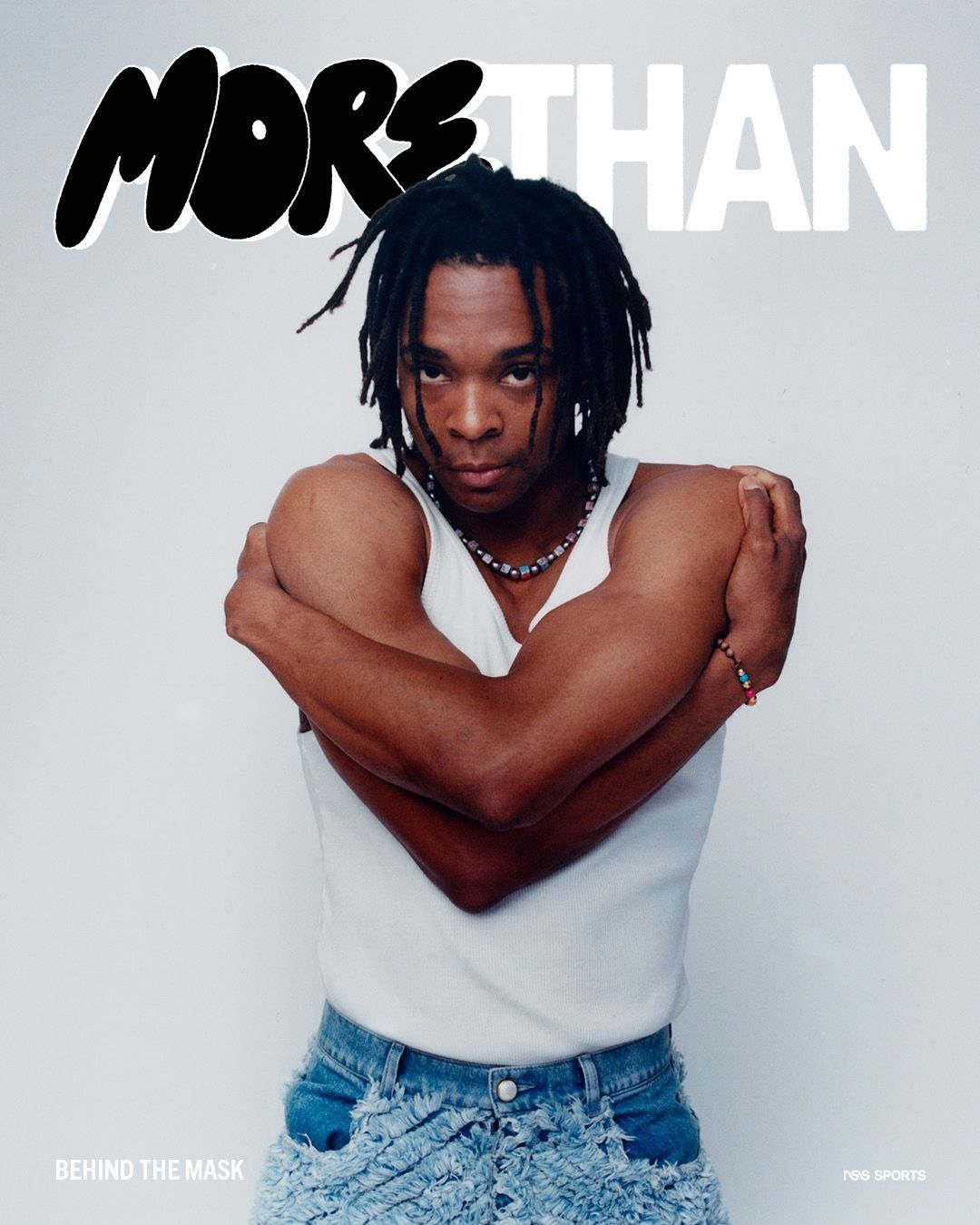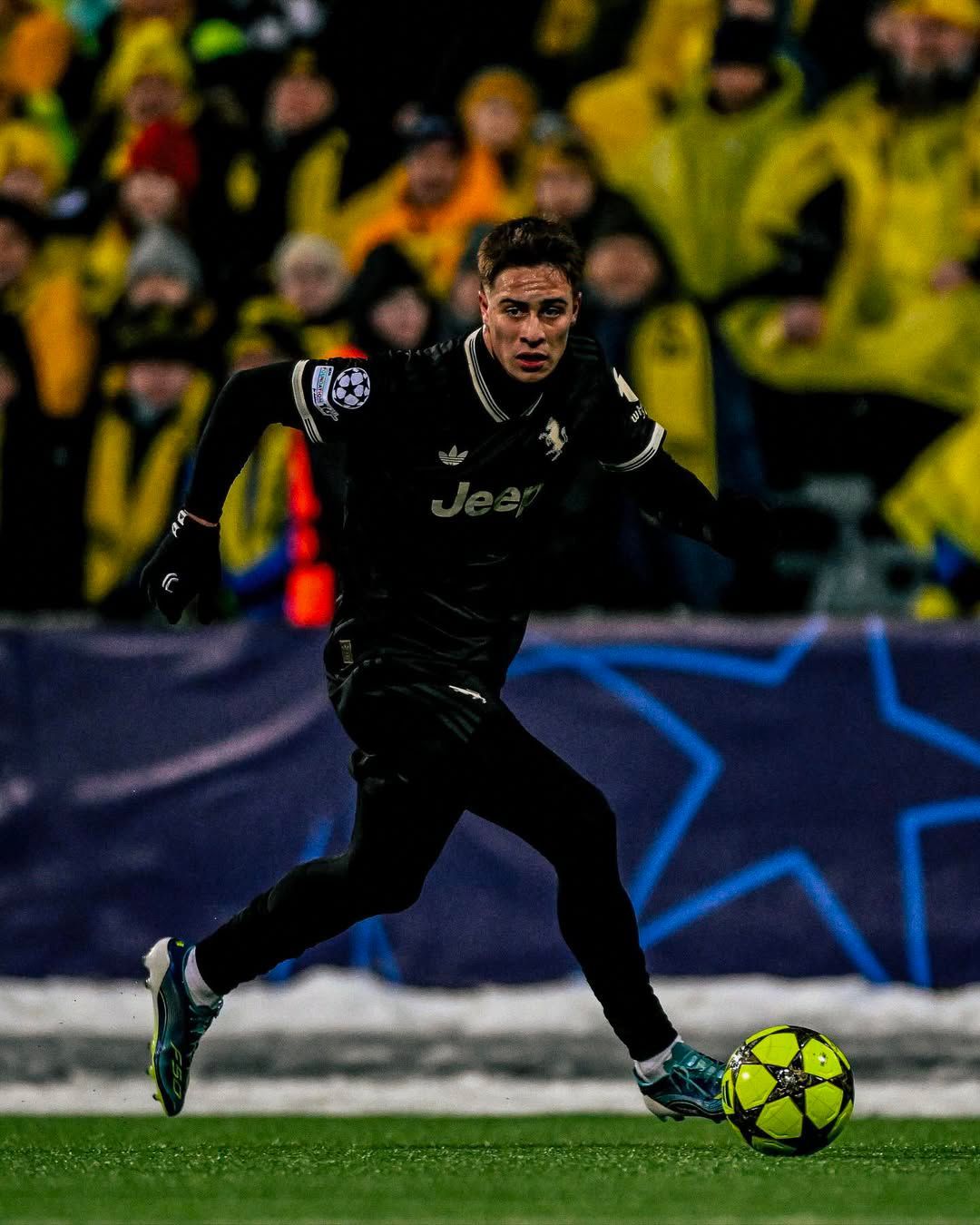
The Italian curse in the European finals played in Germany And a little ‘historical dietrology’ of PSG-Inter
Road to Munich, last stop. Saturday night, at the Allianz Arena in Munich, the European football season will come to a close with its crown jewel: the Champions League final. The contenders in 2025 are Paris Saint-Germain and Inter, in what appears to be a very balanced matchup on paper – with the bookies slightly favoring PSG – and certainly an unprecedented one, not only on this stage. If in this millennium’s finals we’ve grown used – in numbers, 85% – to the presence of at least one English or Spanish team, this time it’s an Italian and a French side, something that hasn’t happened in over thirty years. What’s more, this is a clash we’ve literally never seen before, between two clubs that over decades have only crossed paths in a handful of summer friendlies.
Head to Head
PSG and Inter approached the momentous occasion with contrasting emotions and paths leading up to it. The former secured their domestic league title months ago and just last weekend added the Coupe de France to their trophy cabinet, defeating Reims 3–0 in the final. Simone Inzaghi’s side, on the other hand, is fresh off a brilliant European campaign, but also a grueling – and ultimately frustrating – Scudetto race, which left a bitter aftertaste. Now, however, all eyes are on the 90 minutes ahead – a match that, for both sides, will determine how this season is remembered. Everything else can wait a few more days.
This is Inter’s seventh Champions League final in club history, with three wins and three losses to date, and a fresh memory of defeat: two years ago in Istanbul against Manchester City (0–1). After a two-year wait, the opportunity for redemption has finally arrived, presenting a match that signifies international recognition for Simone Inzaghi more than anyone else. The Parisians, for their part, are aiming for their first-ever triumph in the tournament, a mark of greatness long pursued – with both determination and investment – by club's owner Al-Khelaifi. Their only previous appearance on this stage ended in disappointment: the 2020 final loss to Bayern Munich (0–1), played in the eerie silence of pandemic-era Lisbon. At the Allianz Arena, they’ll try to write the final chapter of a strange, unpredictable story – in what was supposed to be the post-Mbappé year… and yet.
Italians vs. French
A look through the annals of UEFA’s top competition reveals only one final between a Ligue 1 and a Serie A club. That was Marseille vs AC Milan in 1993, one of the rare defeats suffered by the Rossoneri during a golden era – and still the only time the “Big Ears” trophy has landed in French hands. That match too was played in Munich, though in a different venue – the Olympiastadion – than this year’s edition. And from that point, a few long-standing “curses” begin to intertwine.
Paris Saint-Germain enters the match carrying the image of recent heartbreaks suffered by French clubs in European finals. Fifteen in total, with only two victories: the aforementioned Marseille triumph, and PSG’s 1996 Cup Winners’ Cup. All the others ended in defeat: five in the Champions League (including the European Cup) and Europa League (or UEFA Cup), two in the defunct Cup Winners’ Cup, and one in the Super Cup.
Inter and Italian football are also bringing along a curse of sorts – albeit one more geographic than symbolic. No Serie A team has ever won a UEFA final played in Germany, whether it be the Champions League (three defeats) or Europa League (one). A stat that clashes with the fond memories Inter has in Bavaria – depending on your age, you might think of Nicola Berti’s slalom run in 1988, Pandev’s goal in 2011, or Frattesi’s recent strike in the quarter-finals – and also contrasts with the Italian national team’s record, having won the 2006 World Cup in Germany (incidentally, defeating France in the final).
90s Heartbreaks
In the 1990s, Munich was the setting for two of the most bitter European finals for Italian football. In 1993, AC Milan arrived as favorites, coming off a dominant era in Europe (25 straight unbeaten games in the European Cup, a record). That night, however, at the Olympiastadion, they showed up as a shadow of themselves, and Marseille won with a Basile Boli header (0–1). “One of the few finals where we got everything wrong,” said coach Fabio Capello – and one of the rare Champions League finals lost by the Berlusconi-era Milan (five wins in eight appearances).
Four years later, same stadium, another missed opportunity. In ‘97, Juventus, the defending champions, faced Borussia Dortmund as favorites, but in what the Germans described as a “heimspiel” – almost a home game. Del Piero scored the only backheel goal ever seen in a Champions League final, but it was a night to forget for Marcello Lippi’s team (1–3) – the beginning of a losing streak: repeated in Amsterdam the next year, Manchester in 2003, and the two post-Calciopoli finals.
Recent Disappointments
German finals haven’t been kind in recent times either. Juve returned in 2015, at Berlin’s Olympiastadion, facing Barcelona and their iconic trio of Messi, Suarez, and Neymar. Massimiliano Allegri was in his debut season after Conte’s departure, opposite Luis Enrique, now PSG’s current coach. The Catalans won 3–1, marking Juve’s sixth defeat in a Champions League final (a record worsened further in 2017 in Cardiff).
Since then, the only UEFA final played in Germany came five years ago, again featuring an Italian club: Antonio Conte’s Inter. And once again, heartbreak followed. Although the most recent, it’s perhaps the one least vividly remembered, not so much for the game but for the context: held in August, during the height of the pandemic, and in the less prestigious setting of the Europa League. At a ghostly RheinEnergieStadion (Cologne), Inter lost to Sevilla, true specialists of the trophy having lifted it seven times since 2006. It was a chaotic, nervous final, full of twists and turns, but the image burned into Inter fans’ nightmares is that of Romelu Lukaku clumsily deflecting the ball into his own net sealing the 2–3 result for the Spaniards. Another bitter trip home from a final in Germany.
In a perplexing pattern, every final involving an Italian club held in a German stadium has concluded with defeat, often despite arriving as favorites. Beyond mere superstition and interesting facts, this trend appears less like a riddle to be solved and more like a series of unfortunate setbacks that have culminated in what many perceive as a curse. Now, it is Inter's turn to break this streak as they journey to Munich with a hopeful vision: returning home with new memories that make the disappointments of Cologne 2020, Istanbul 2023, and the recent loss of the Scudetto feel a little more distant.


